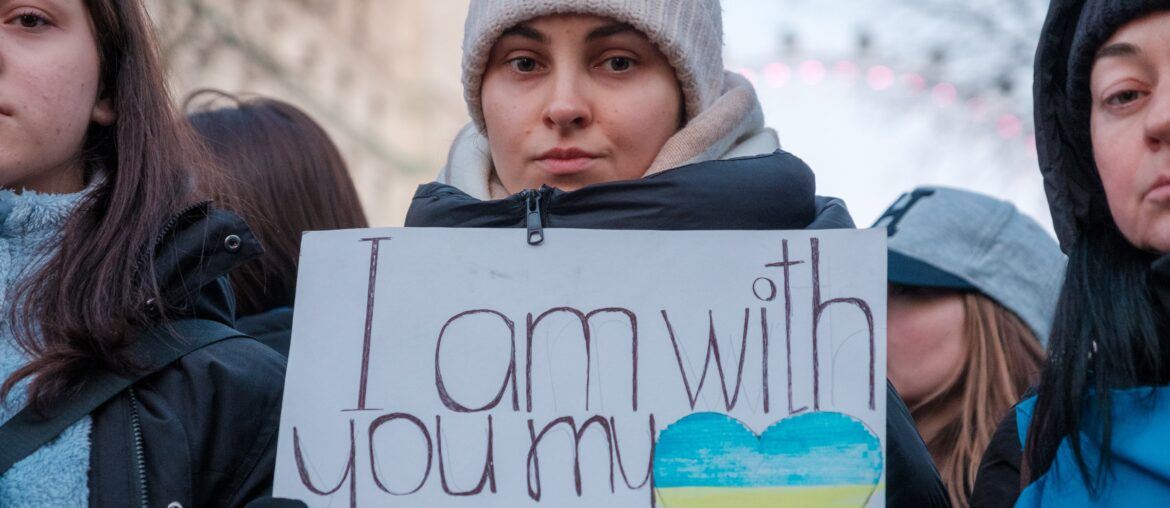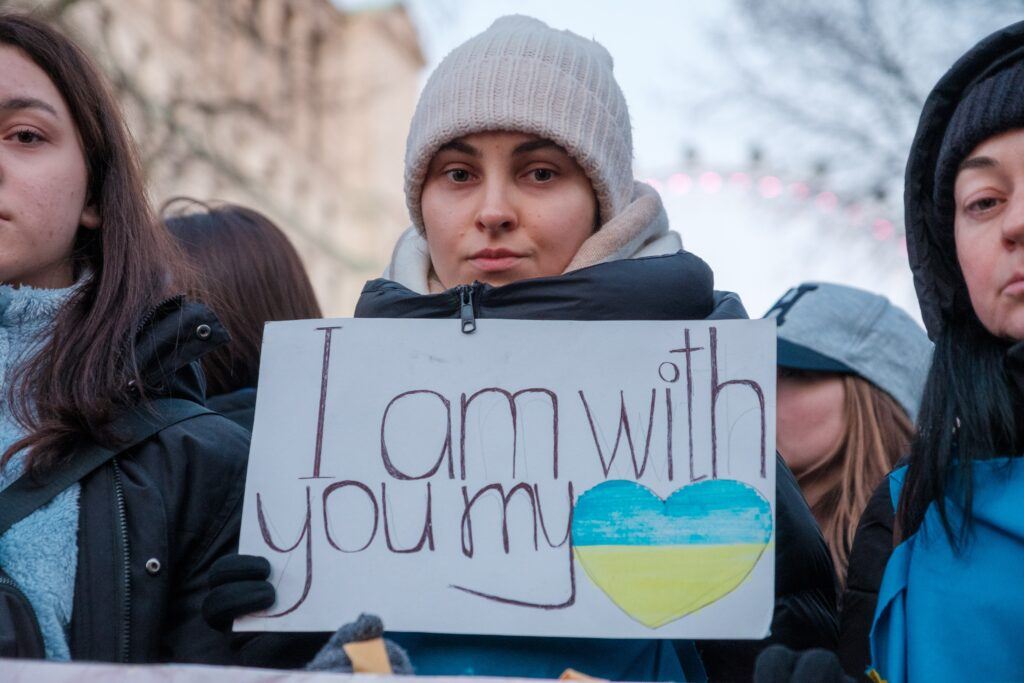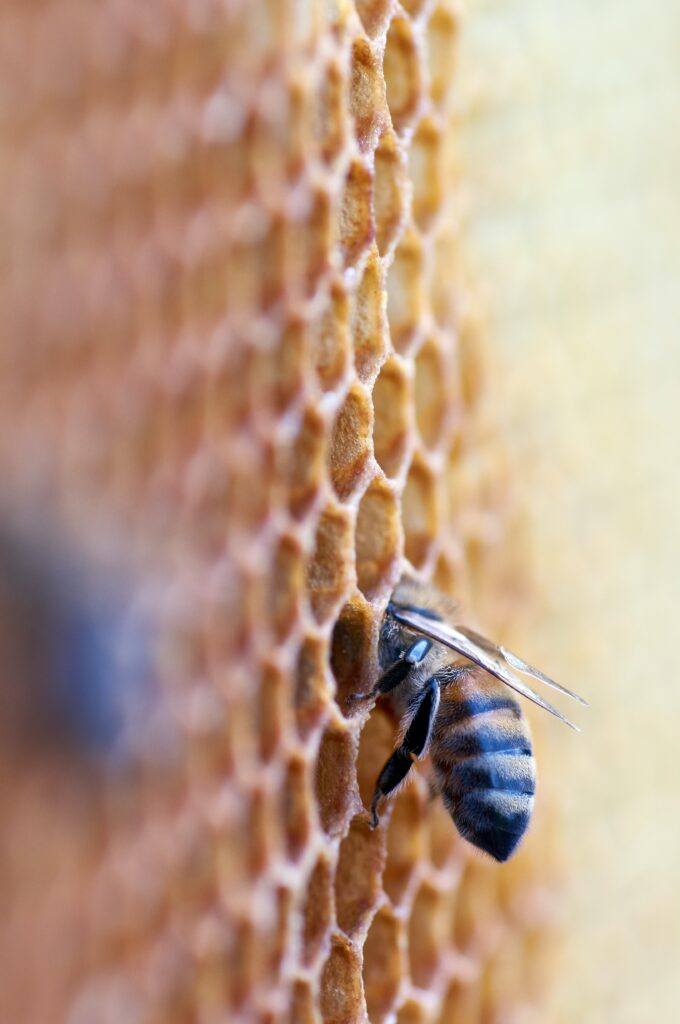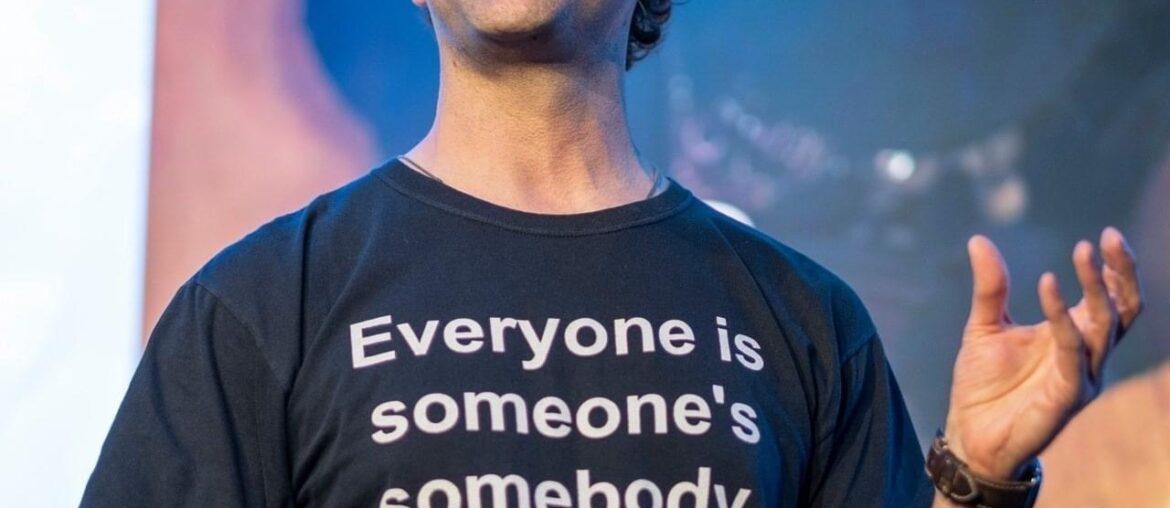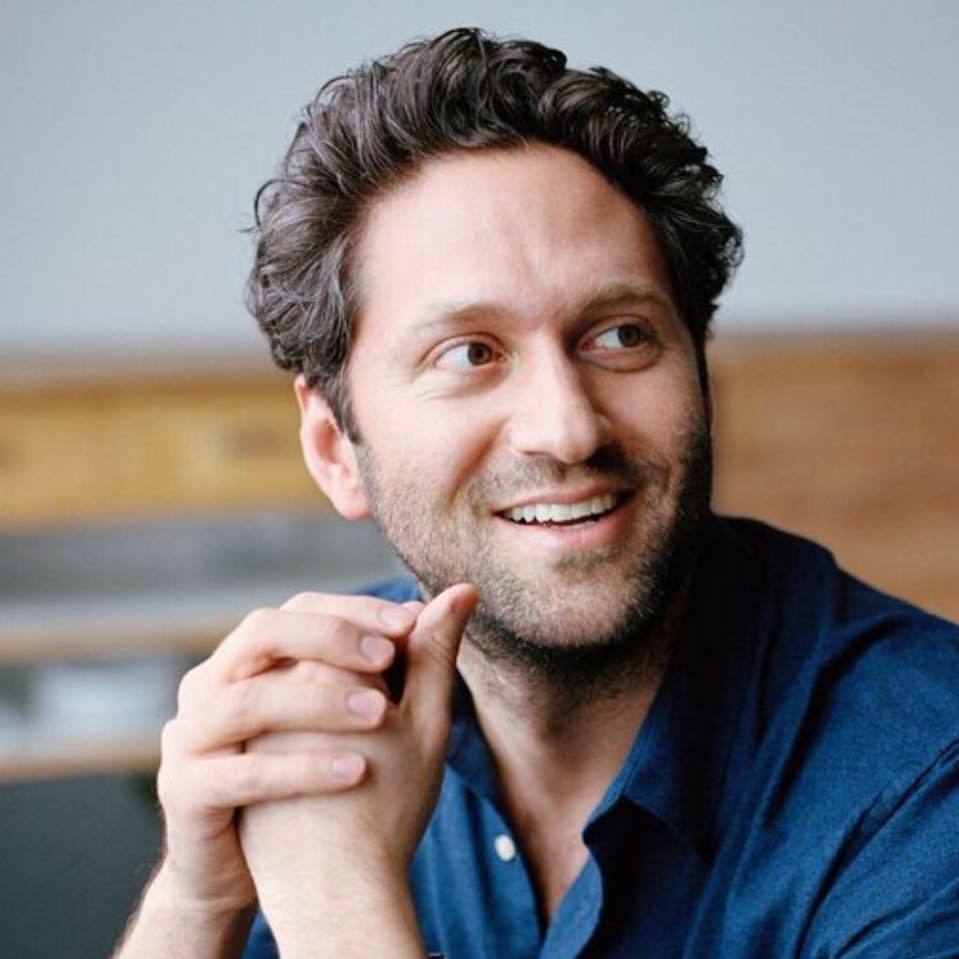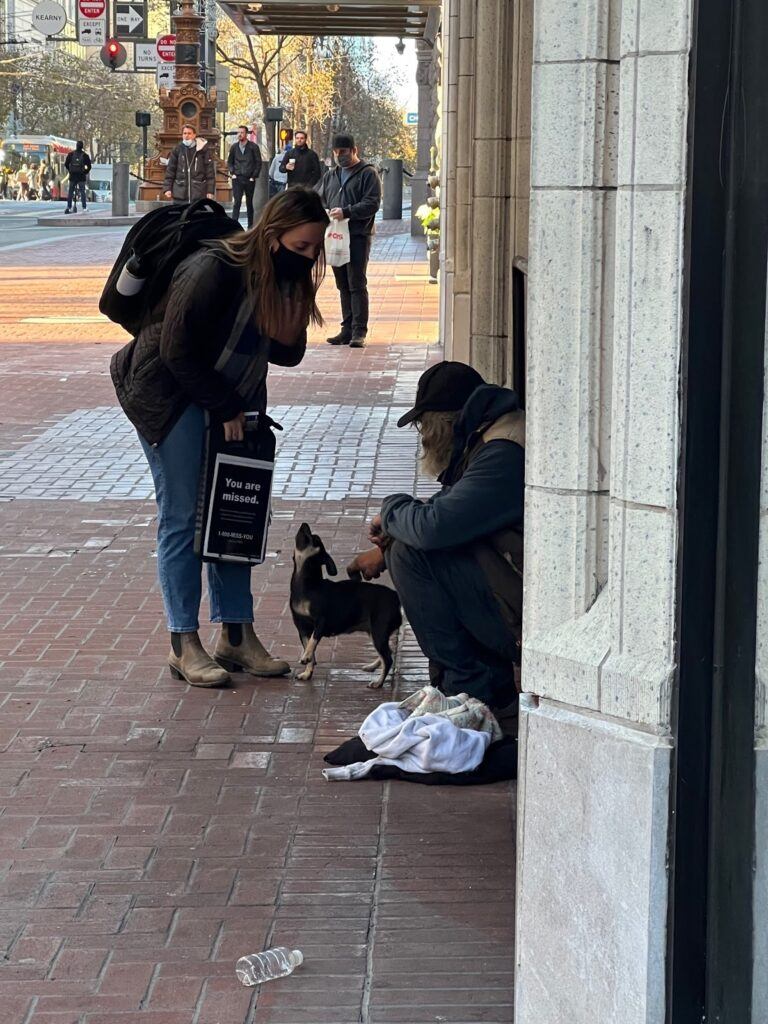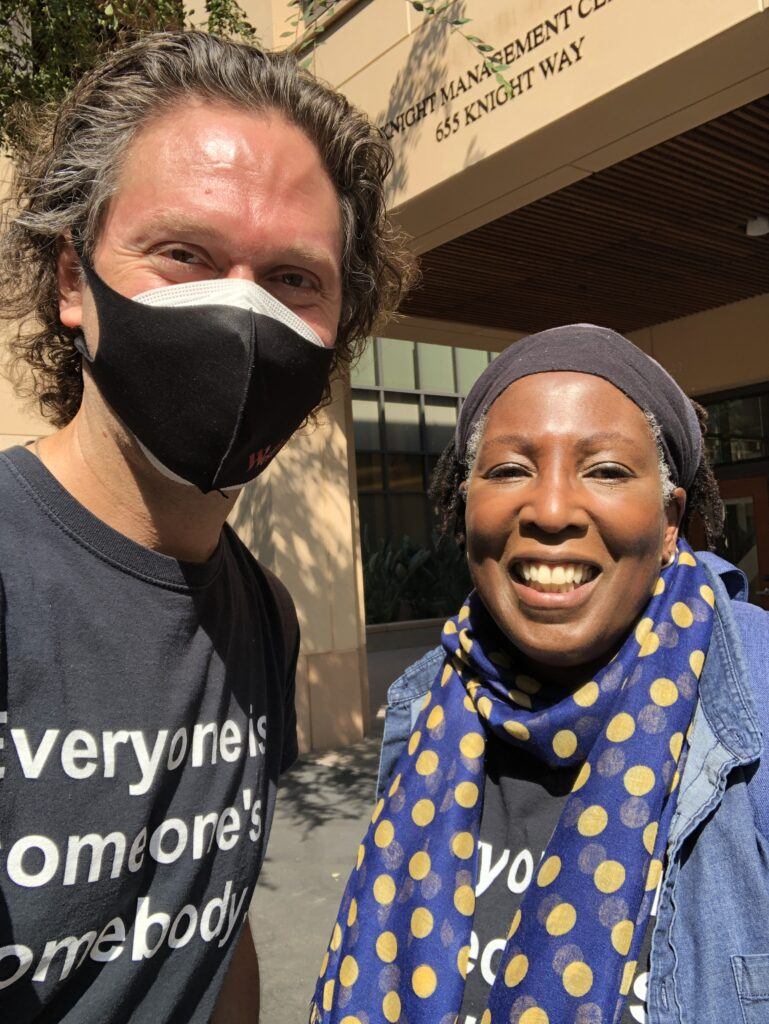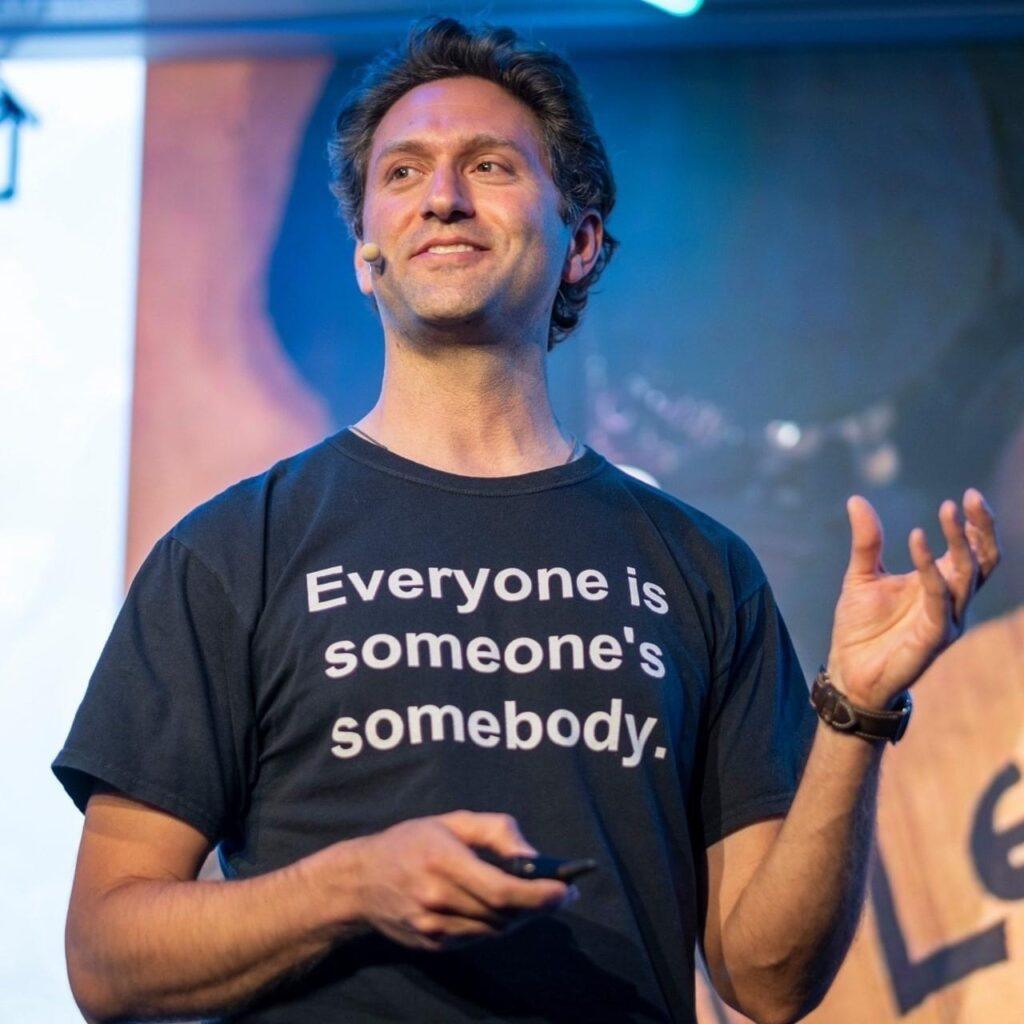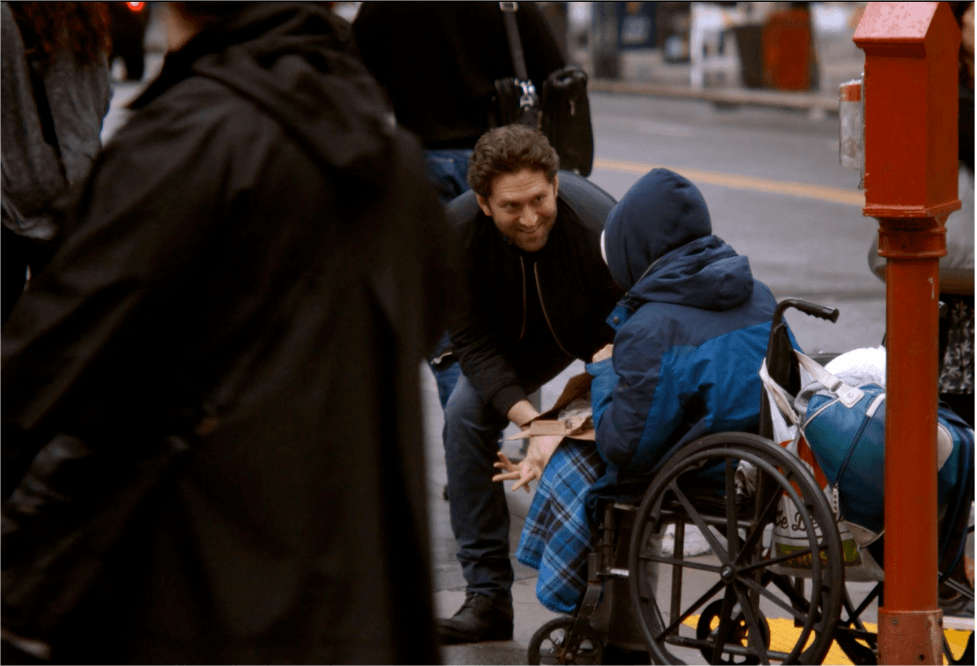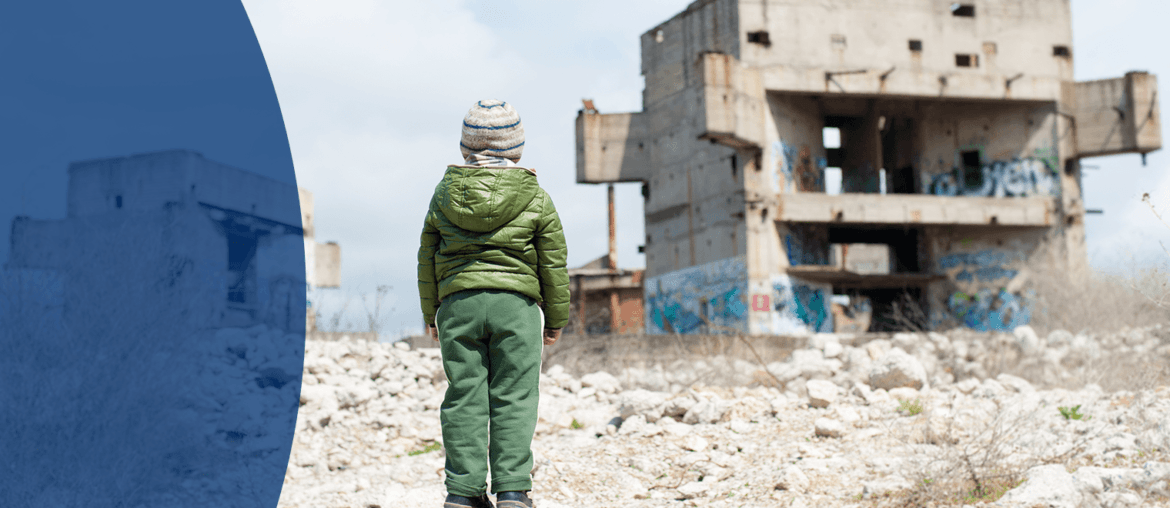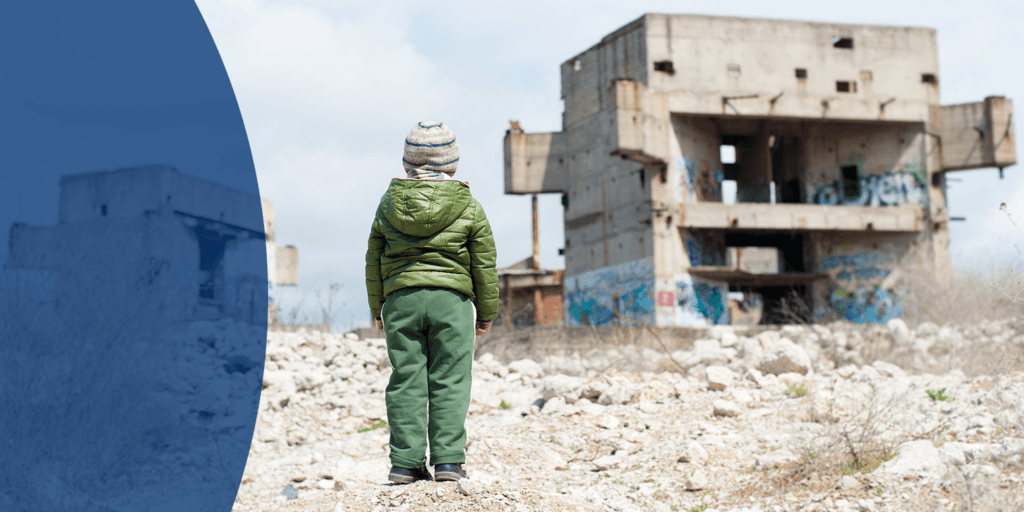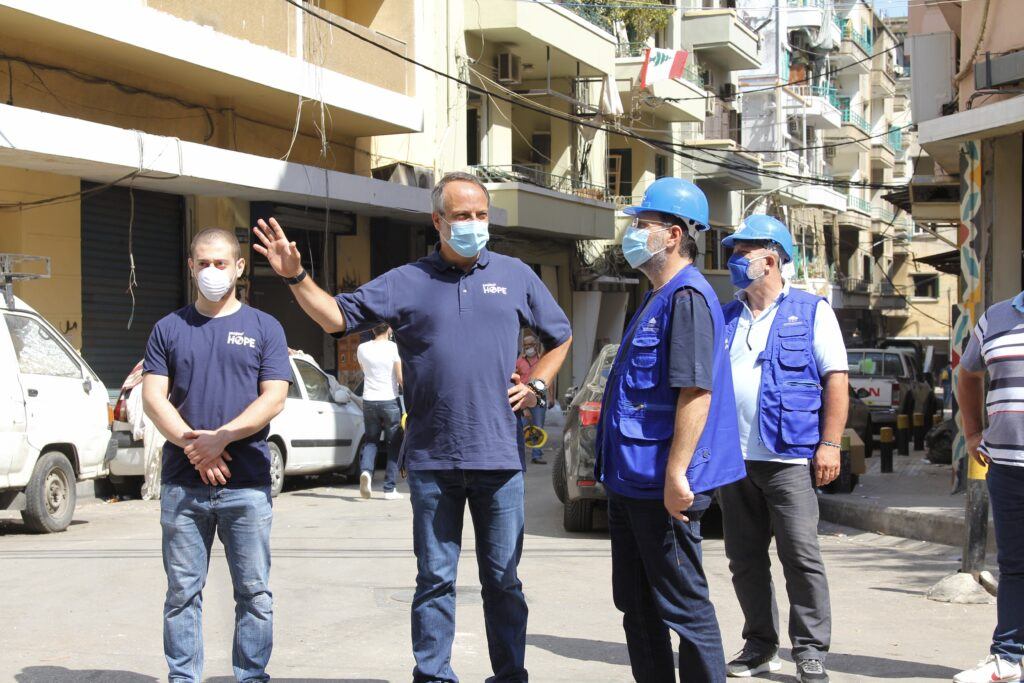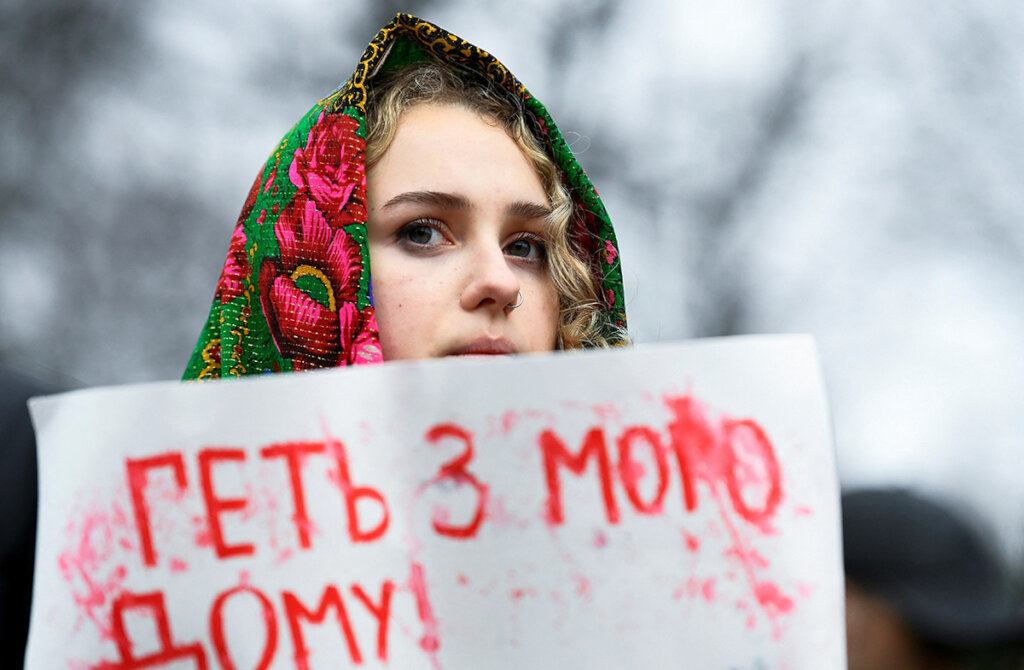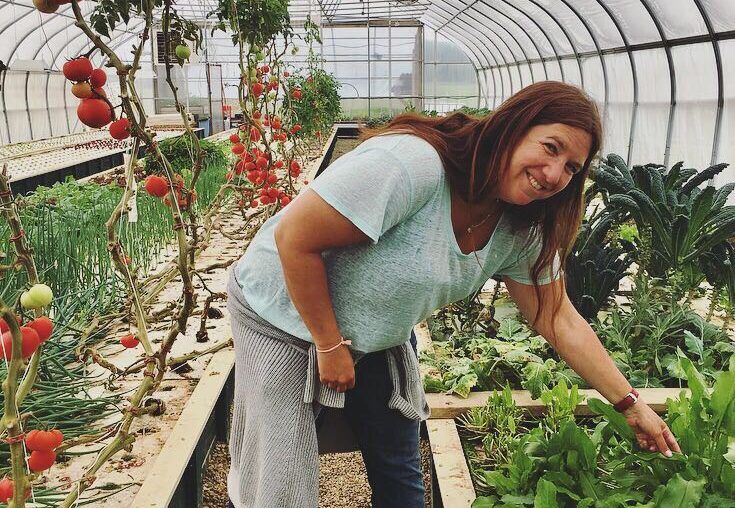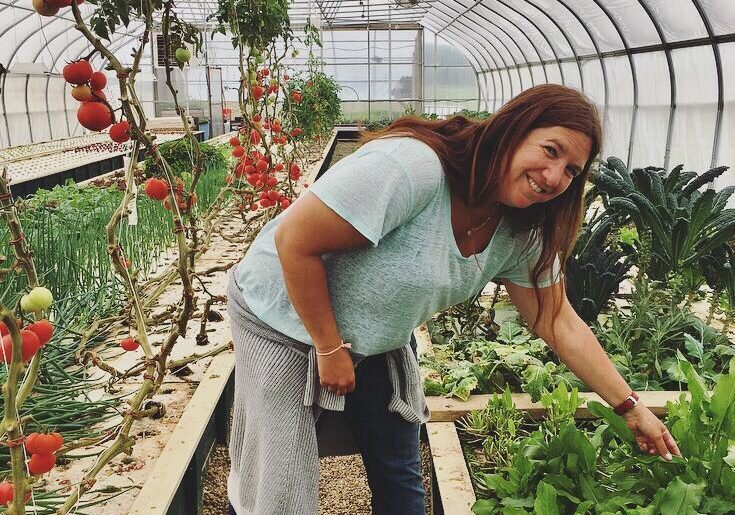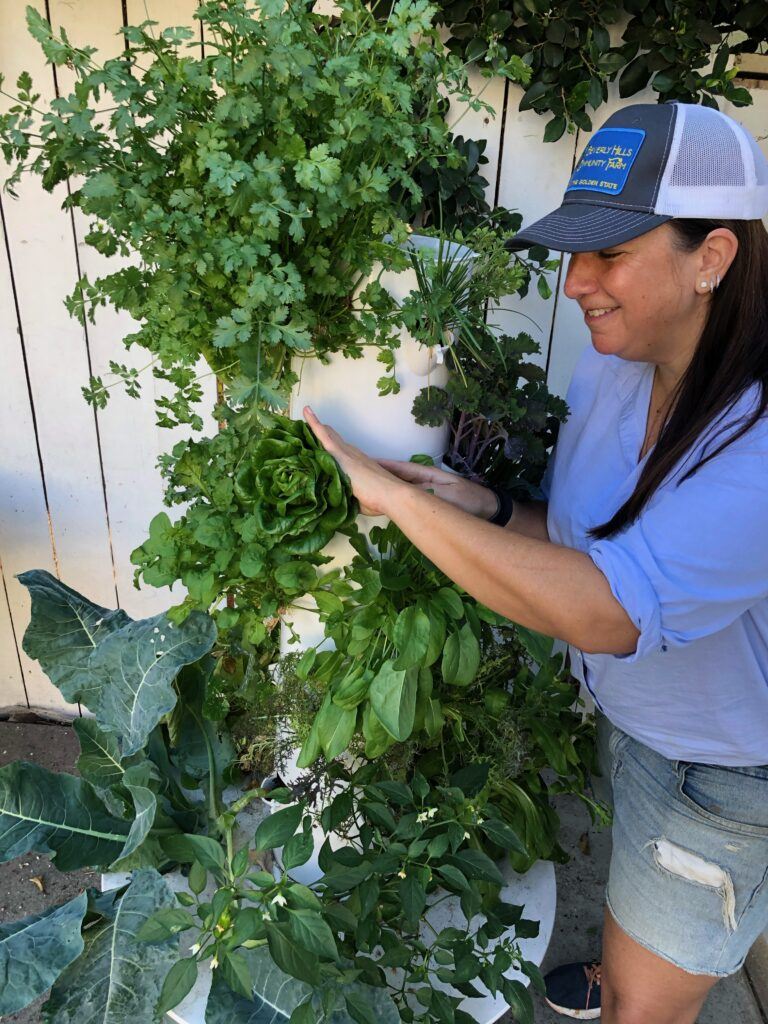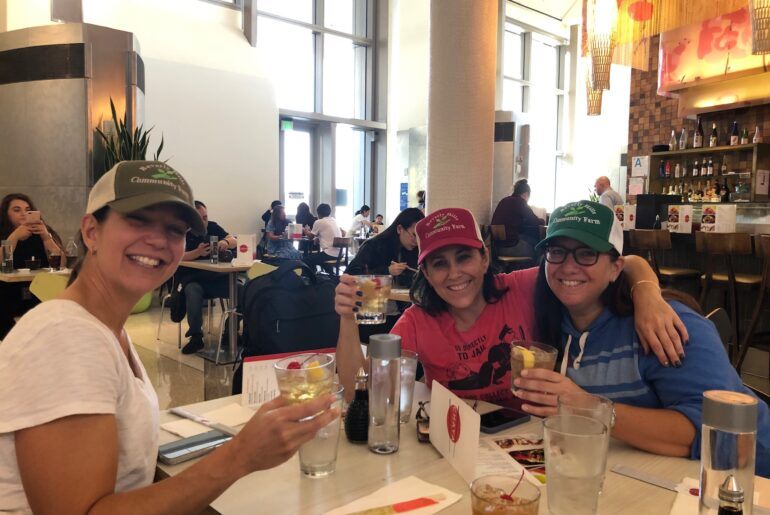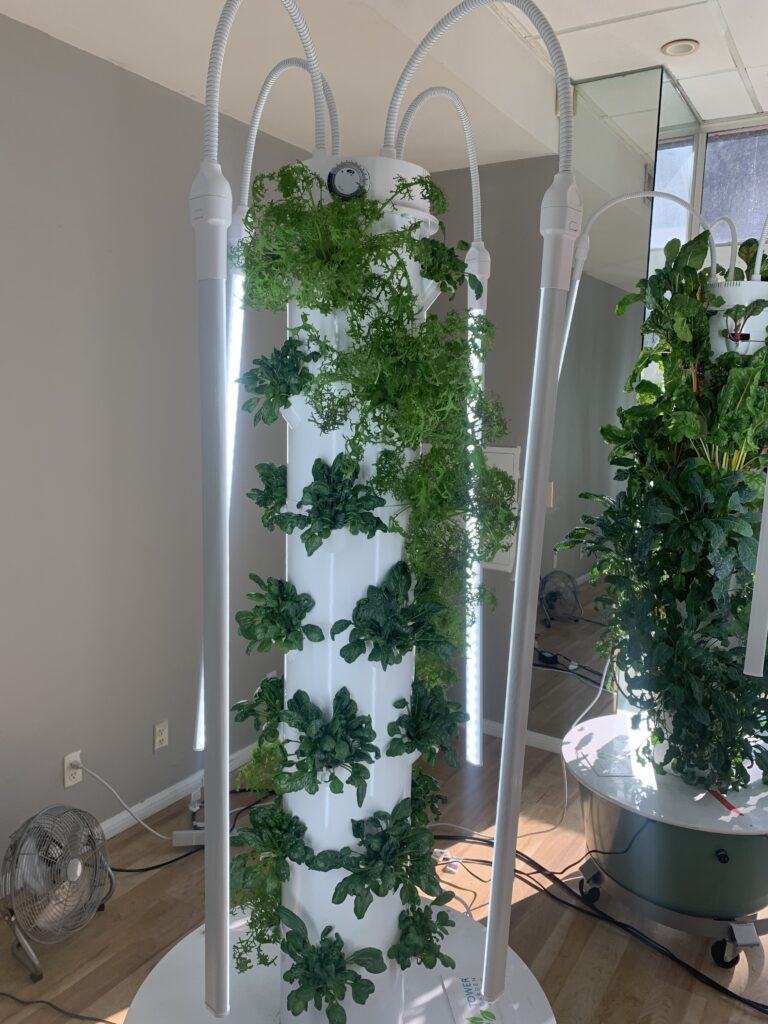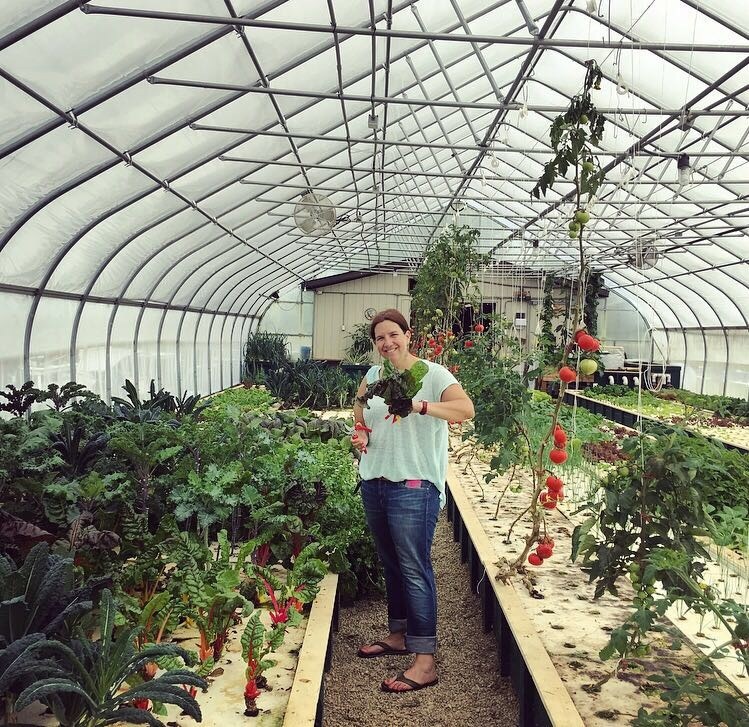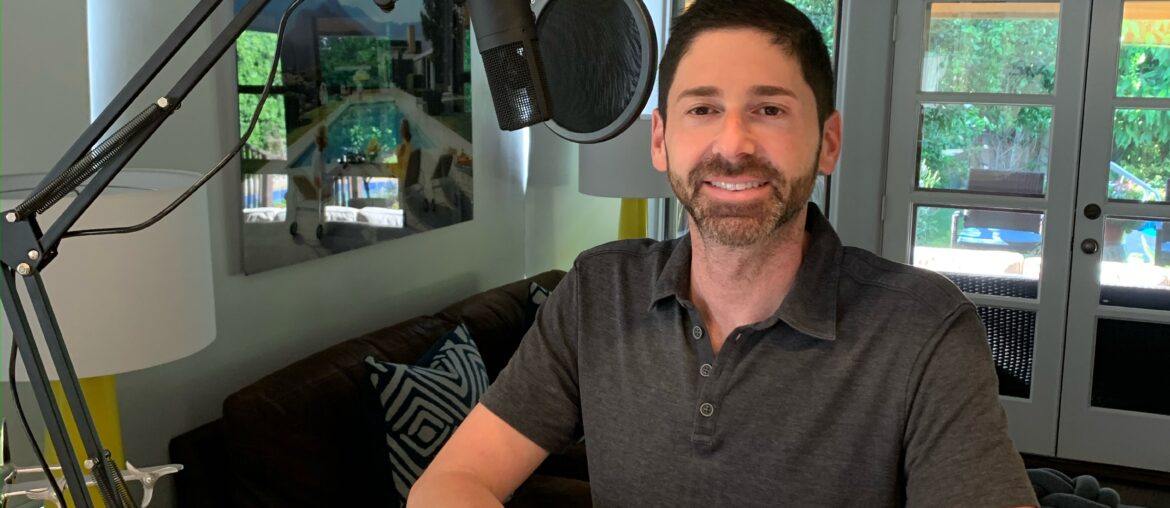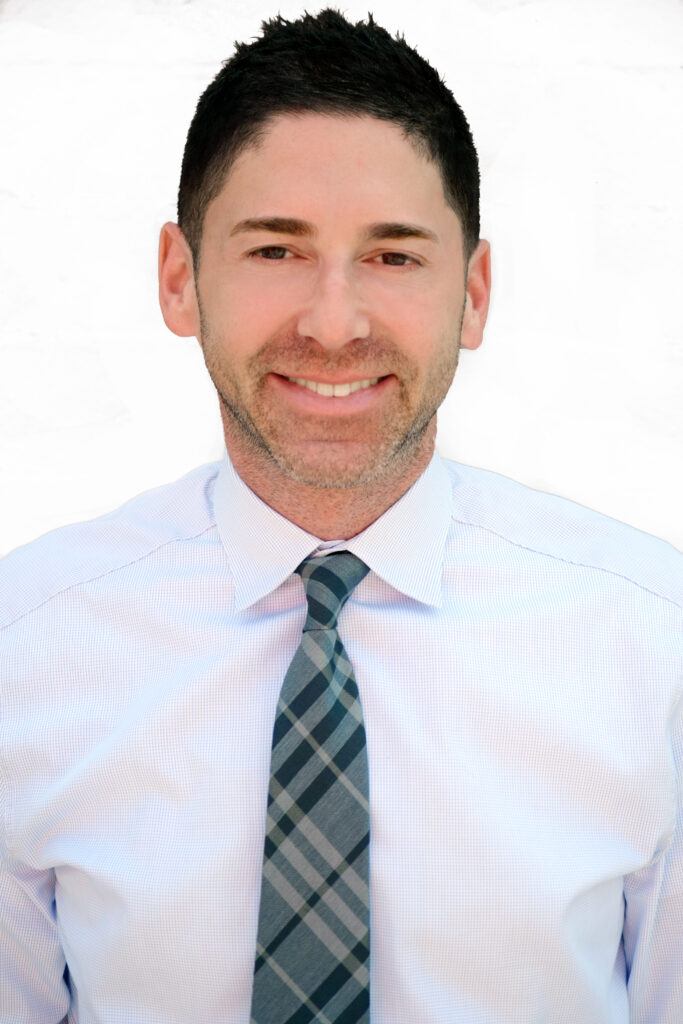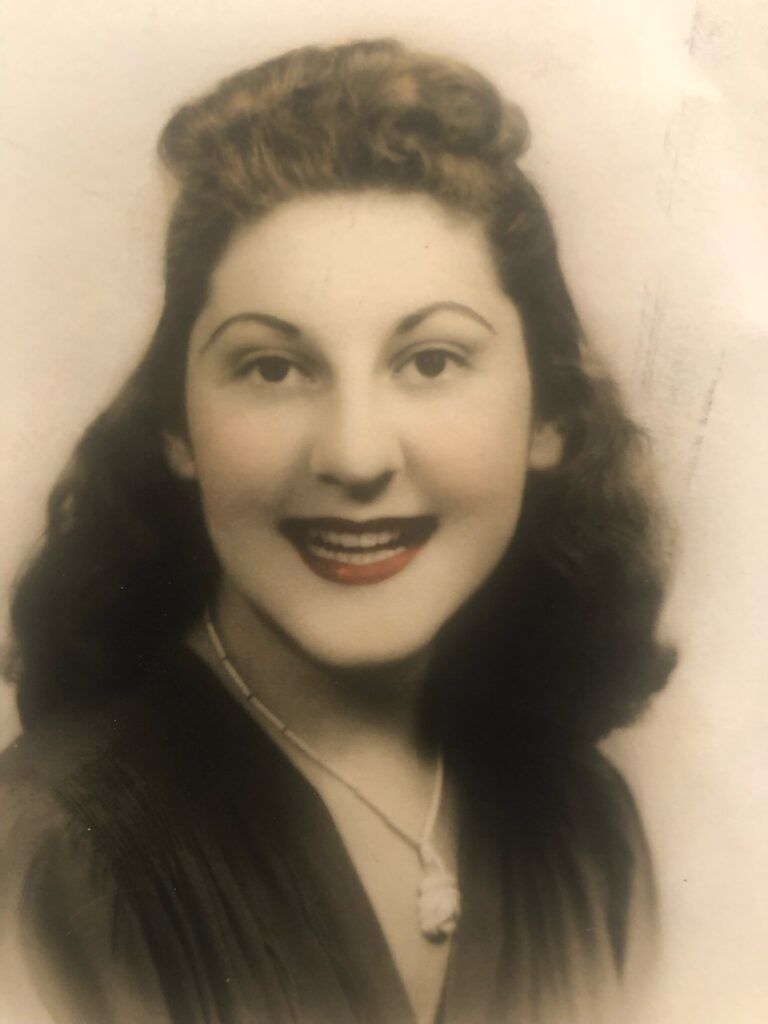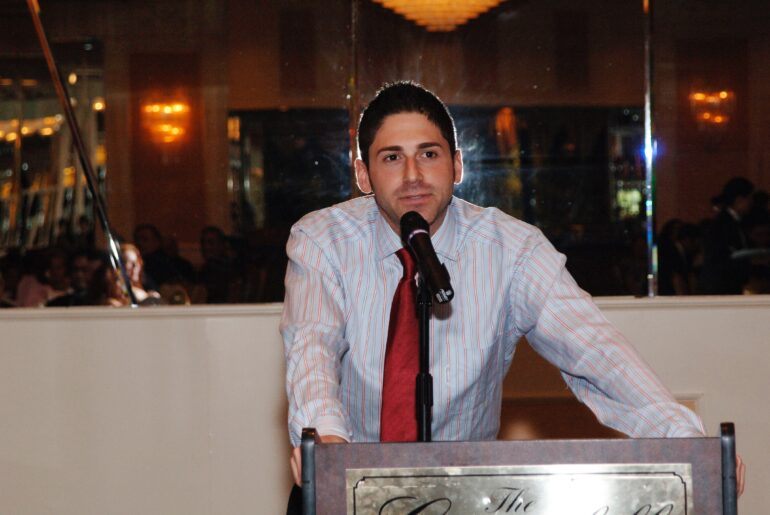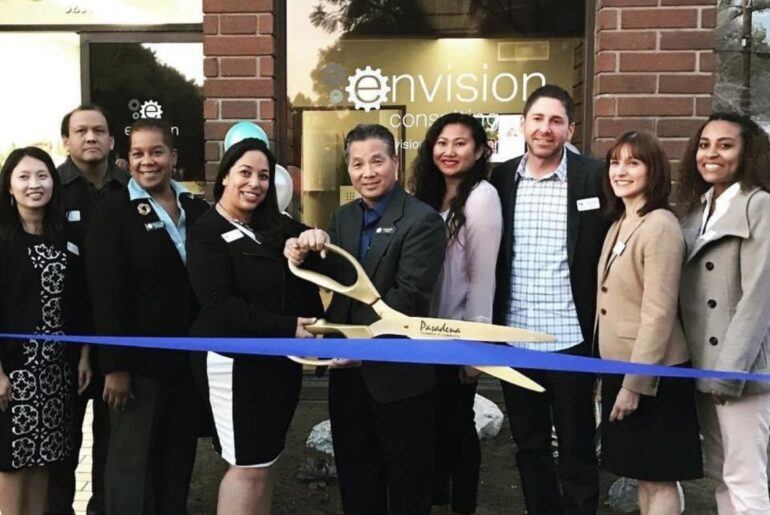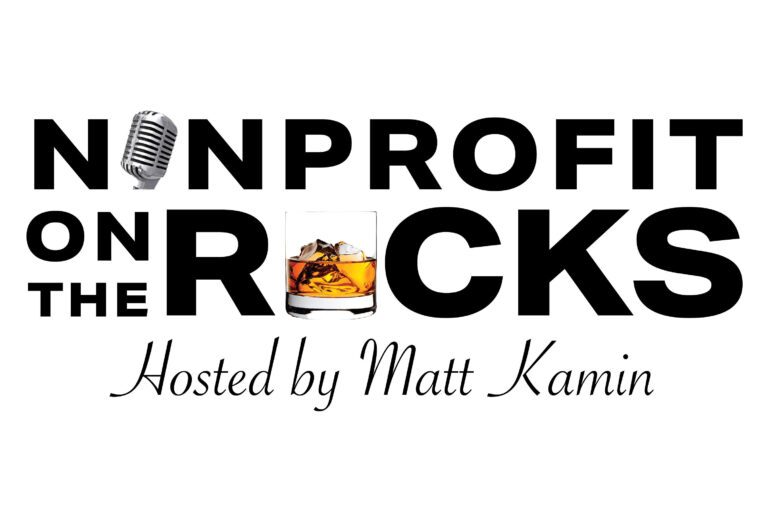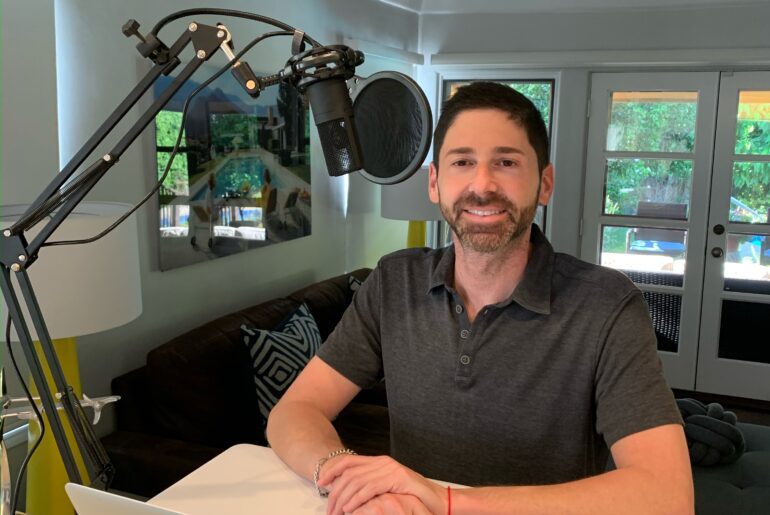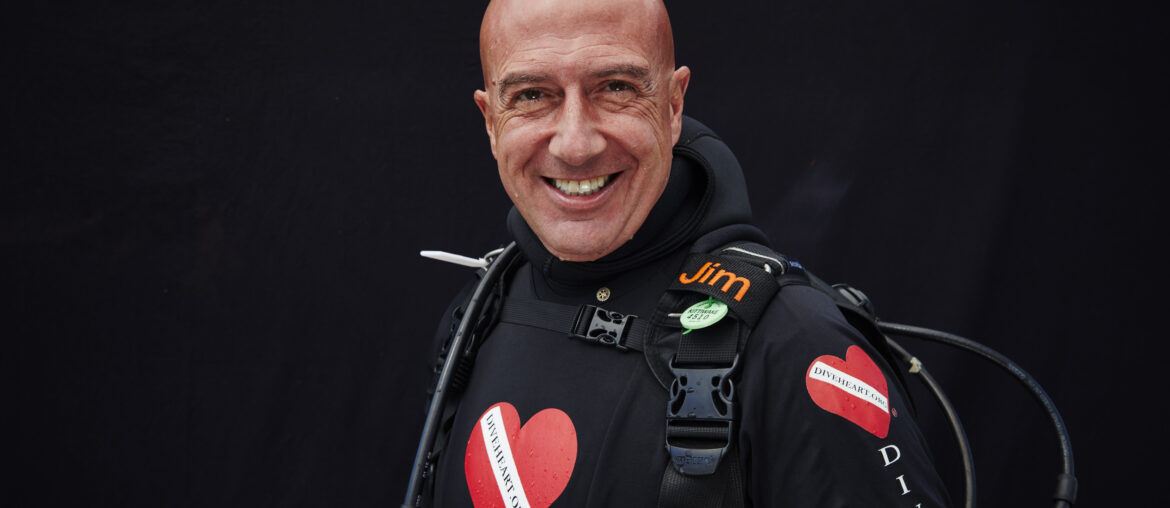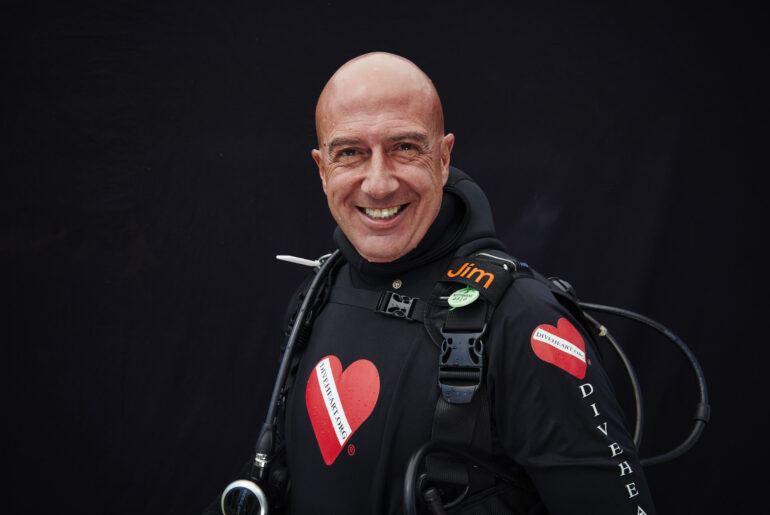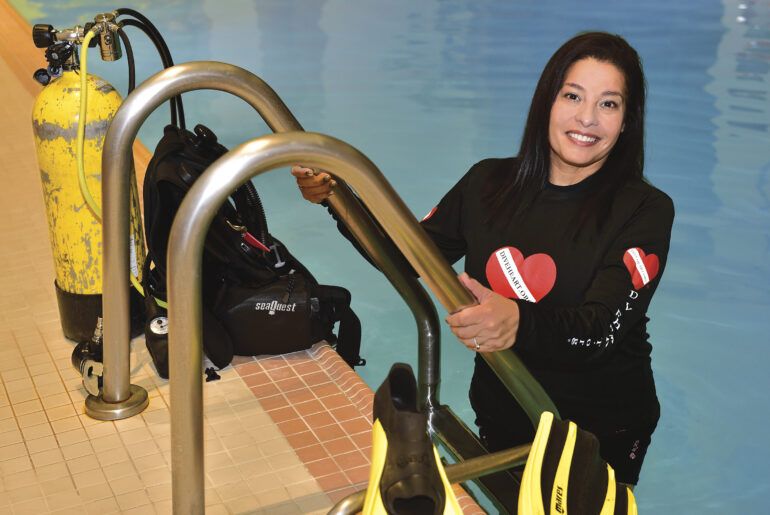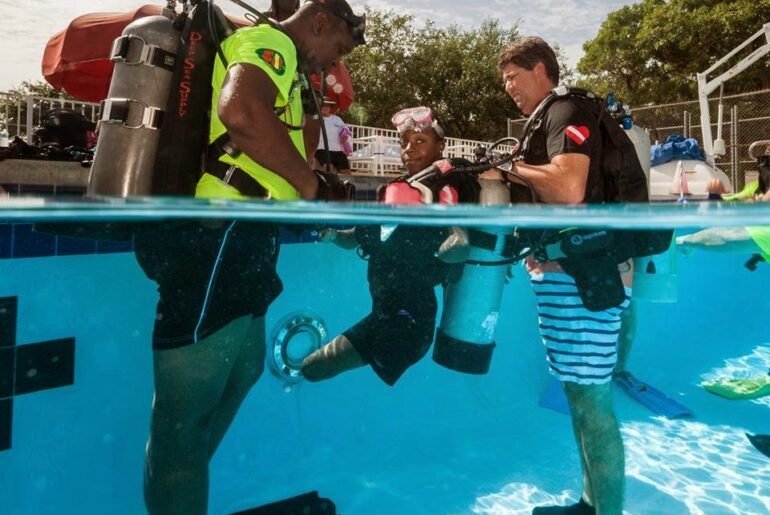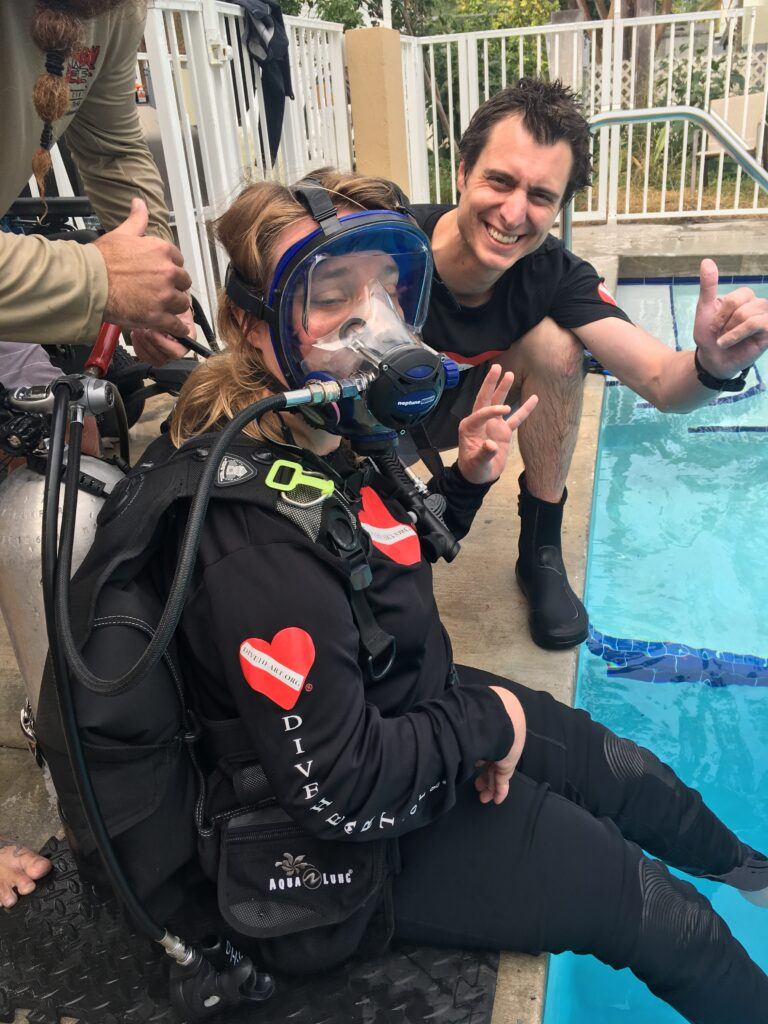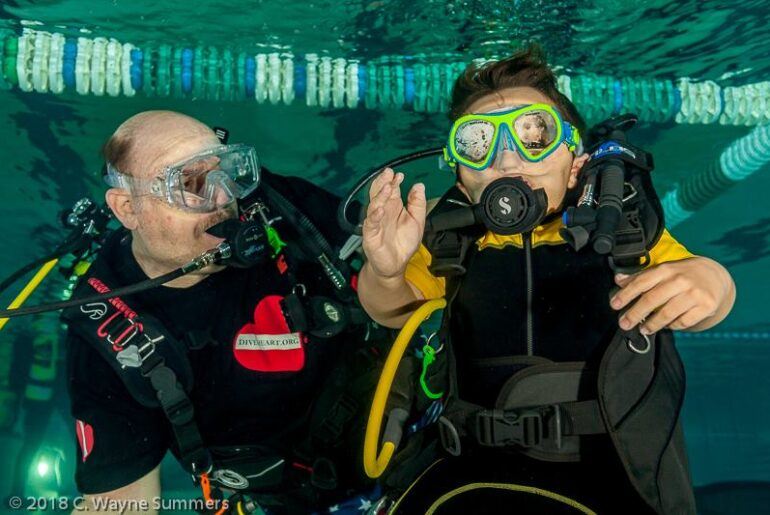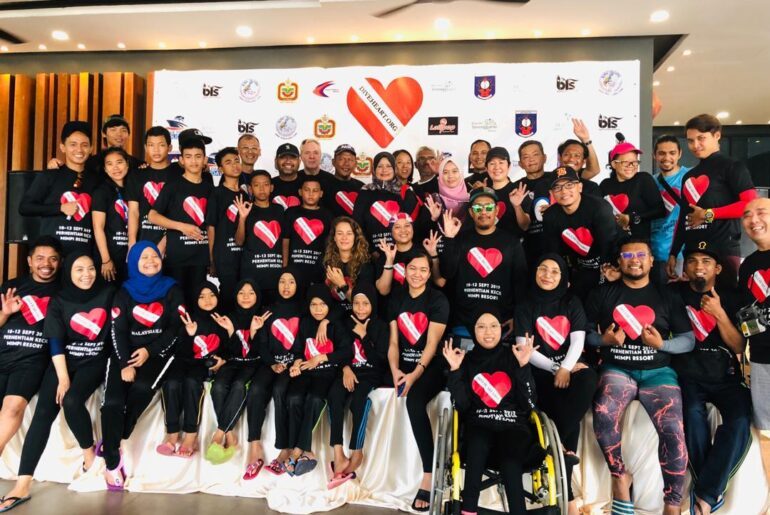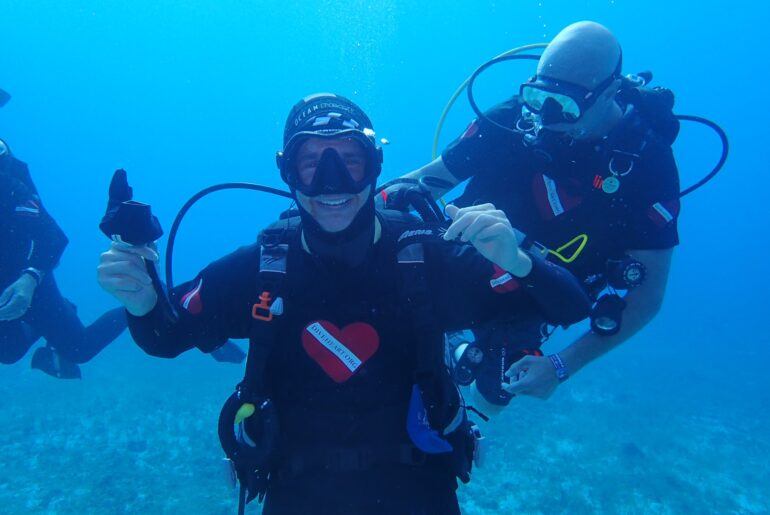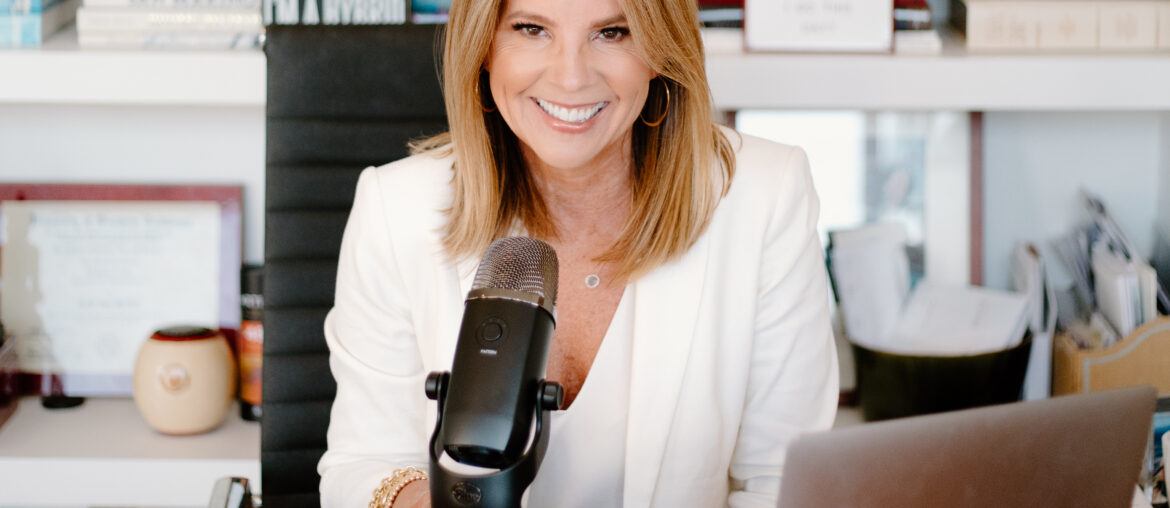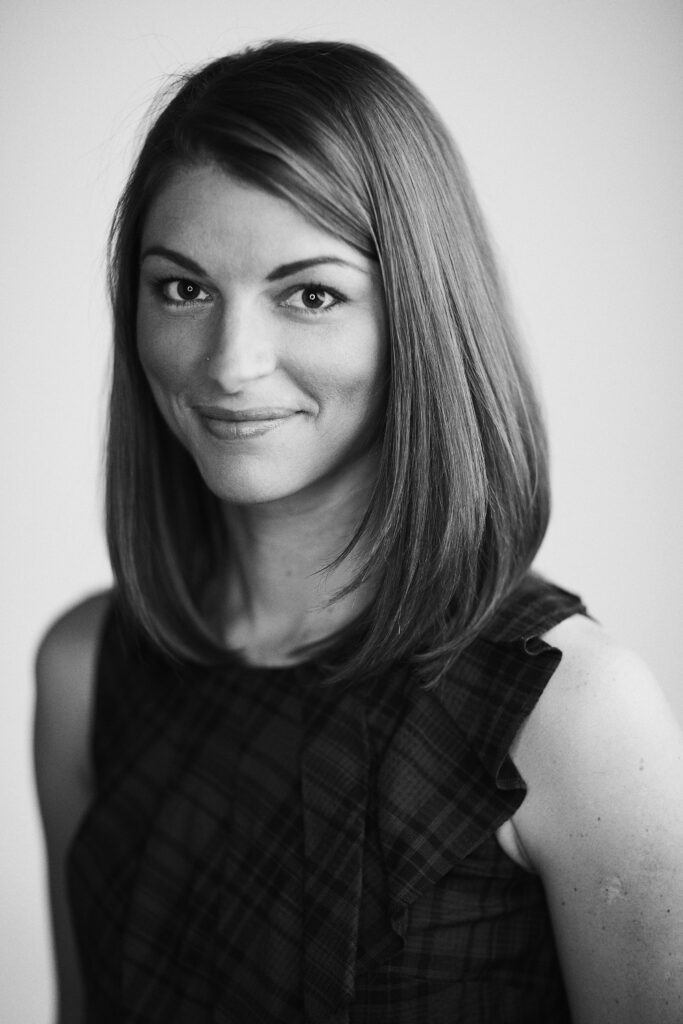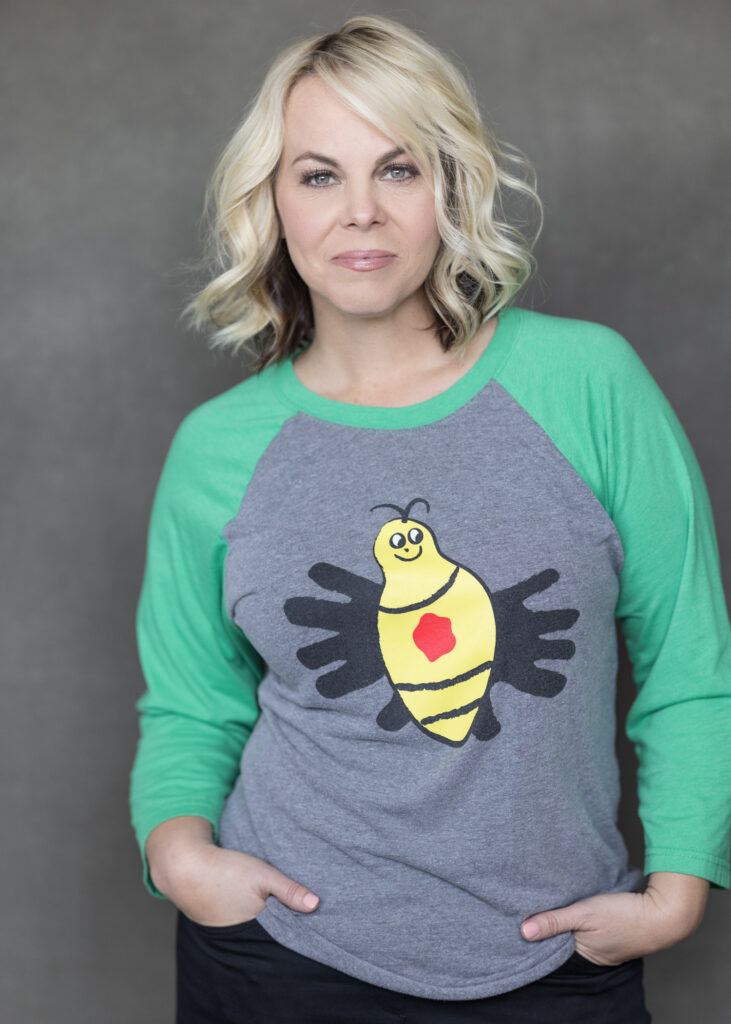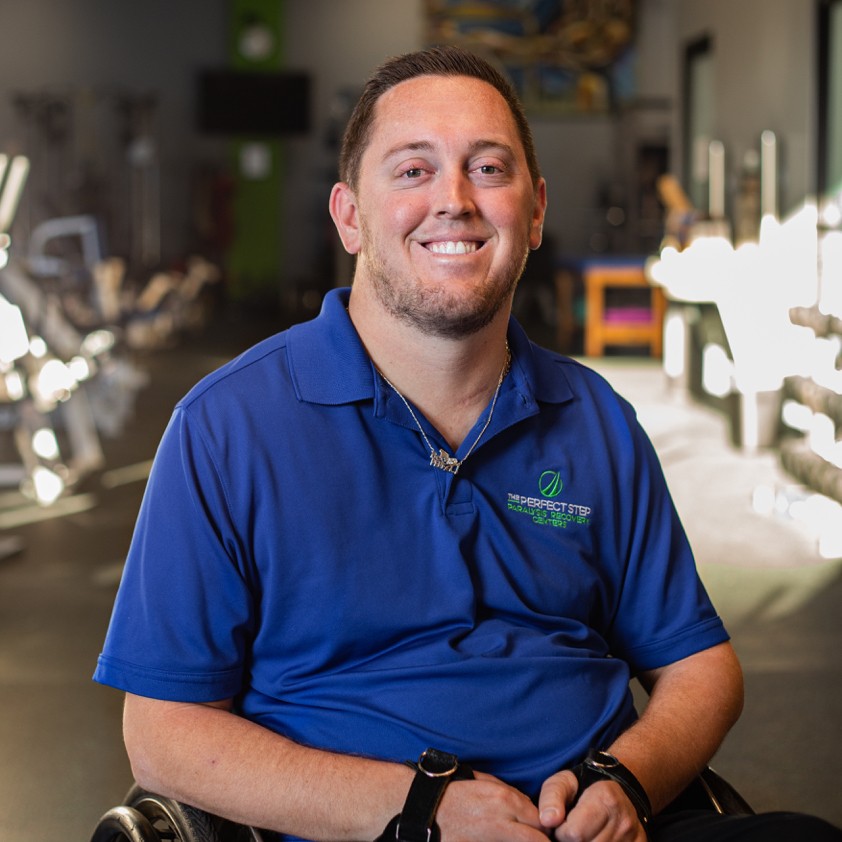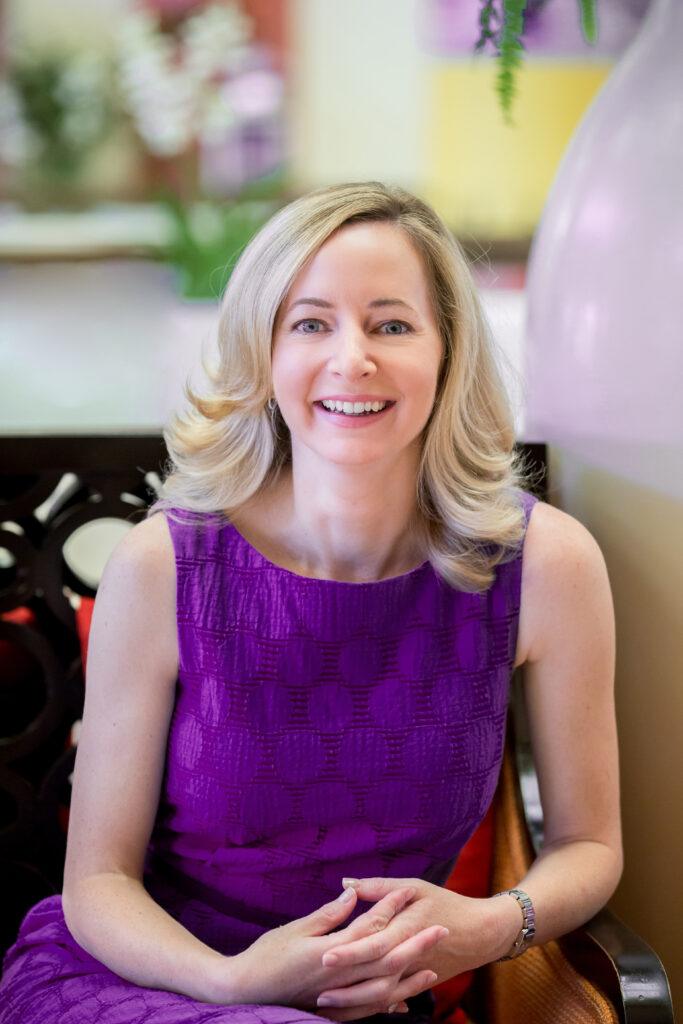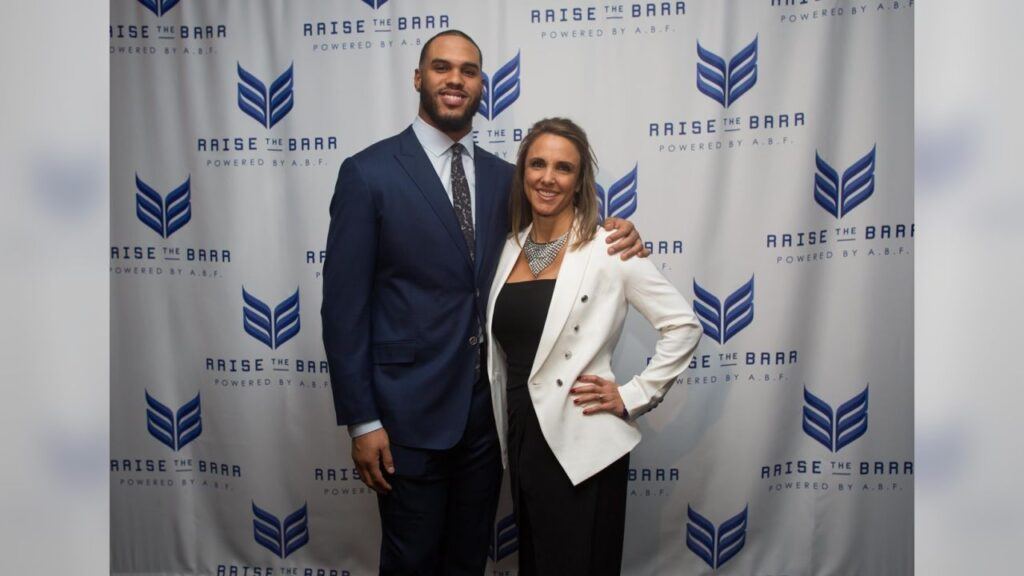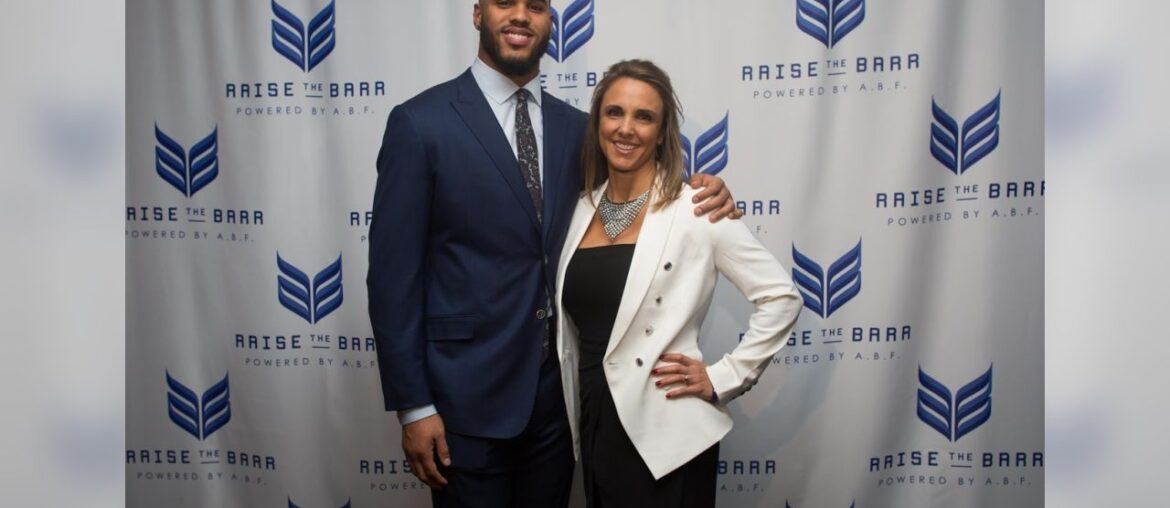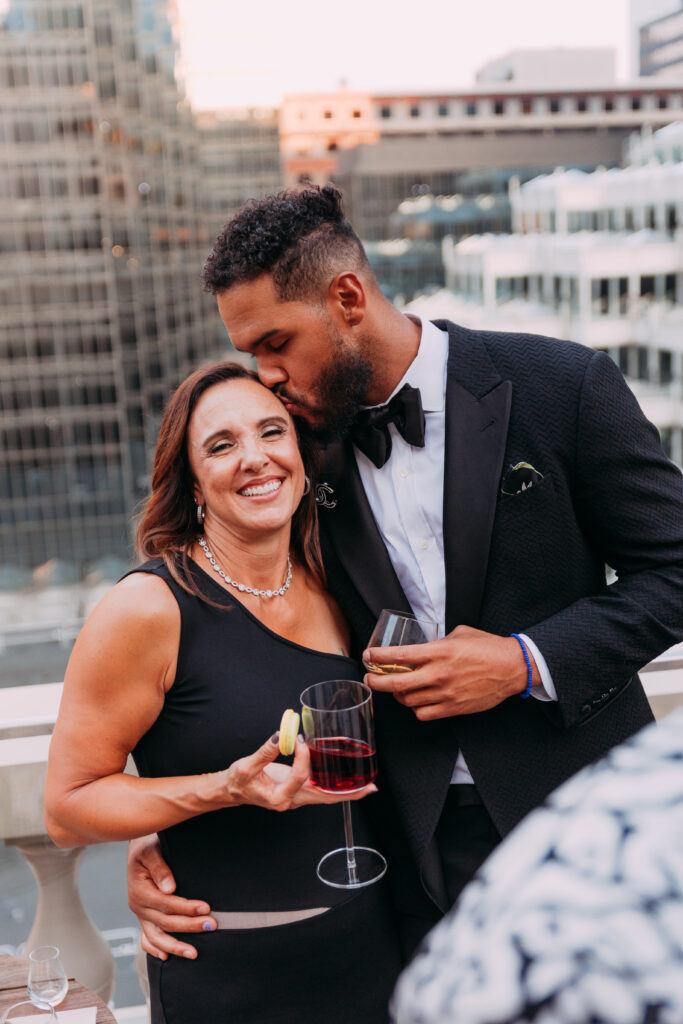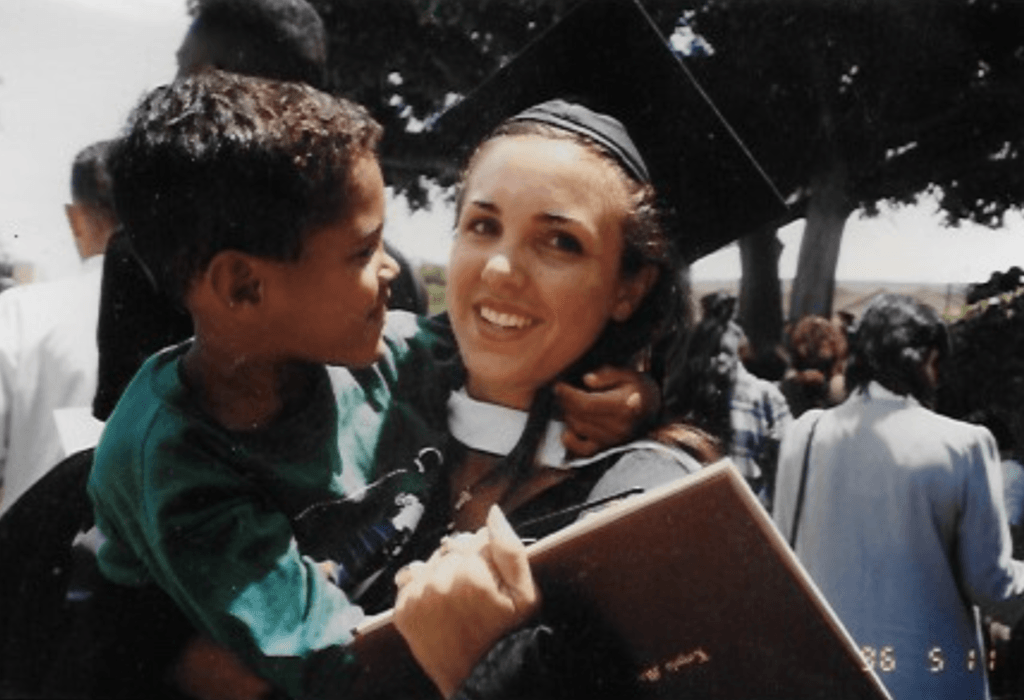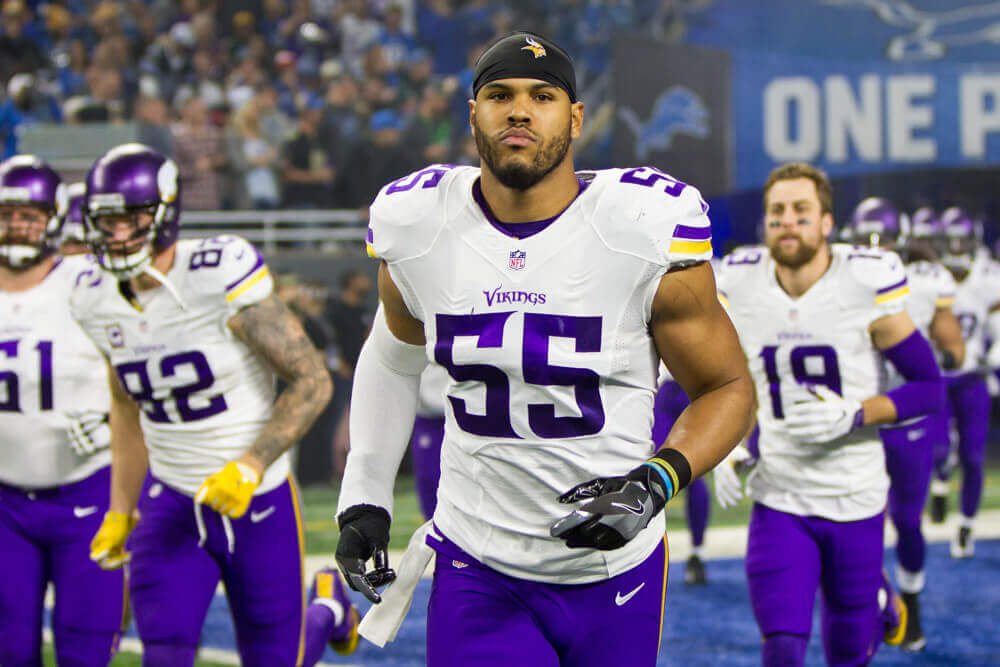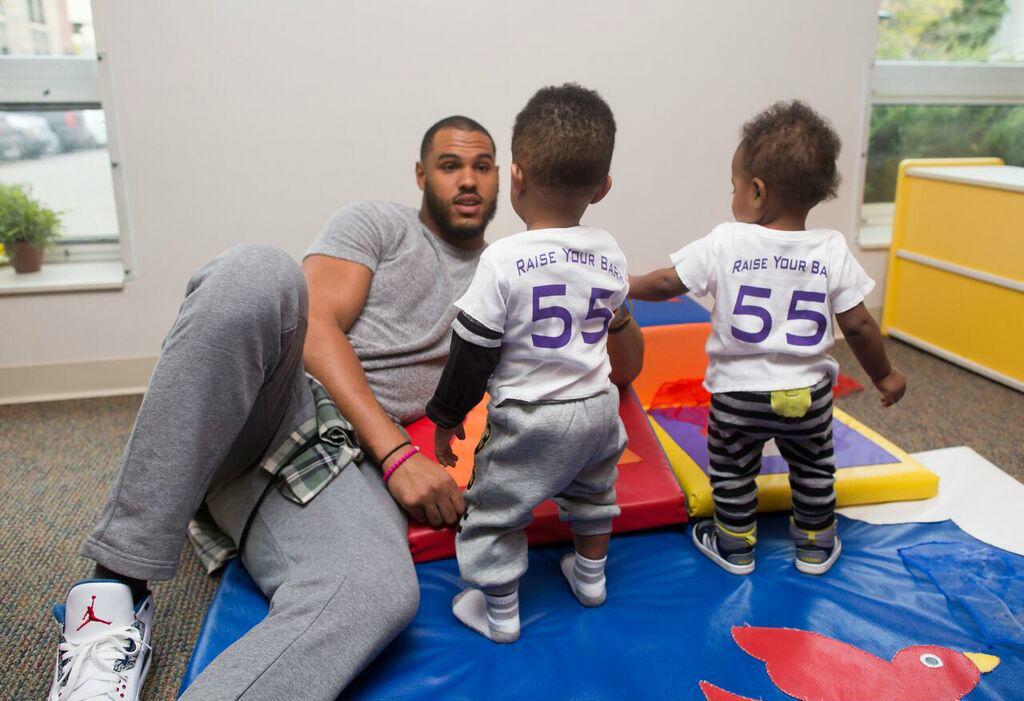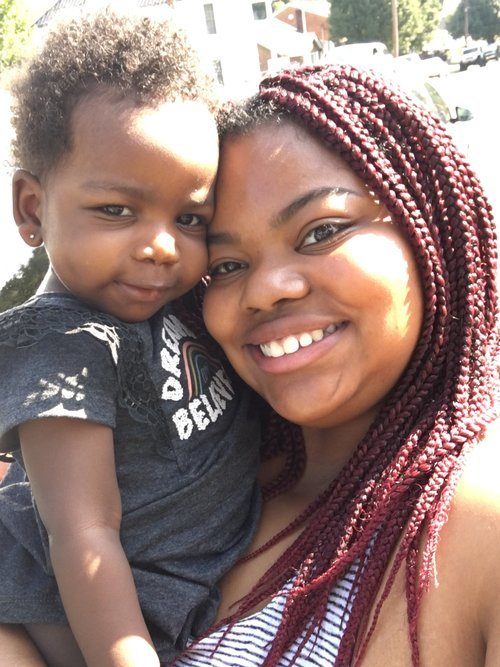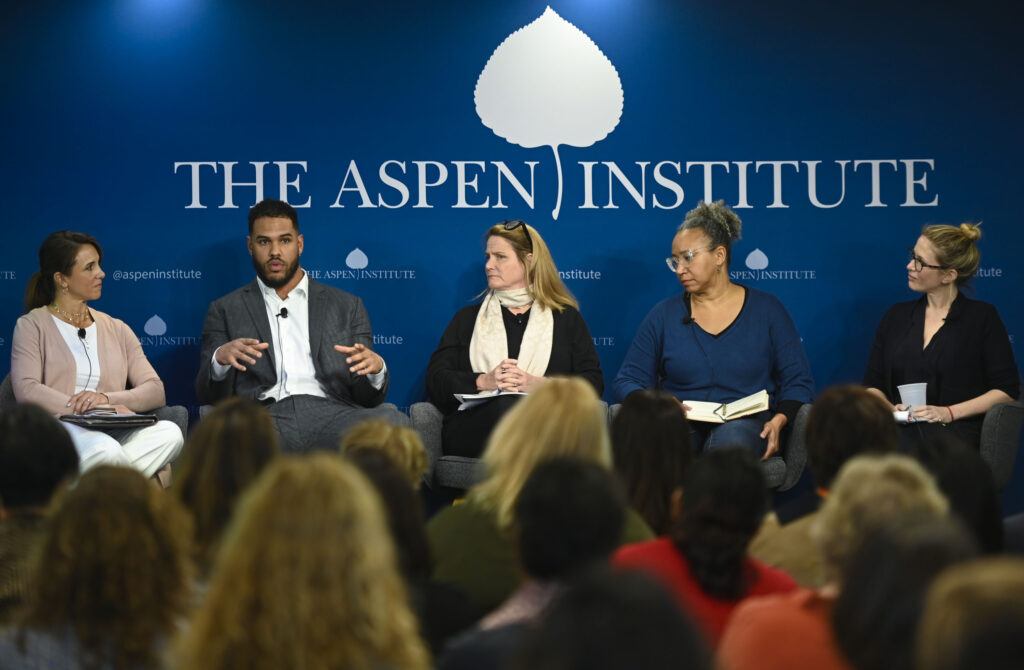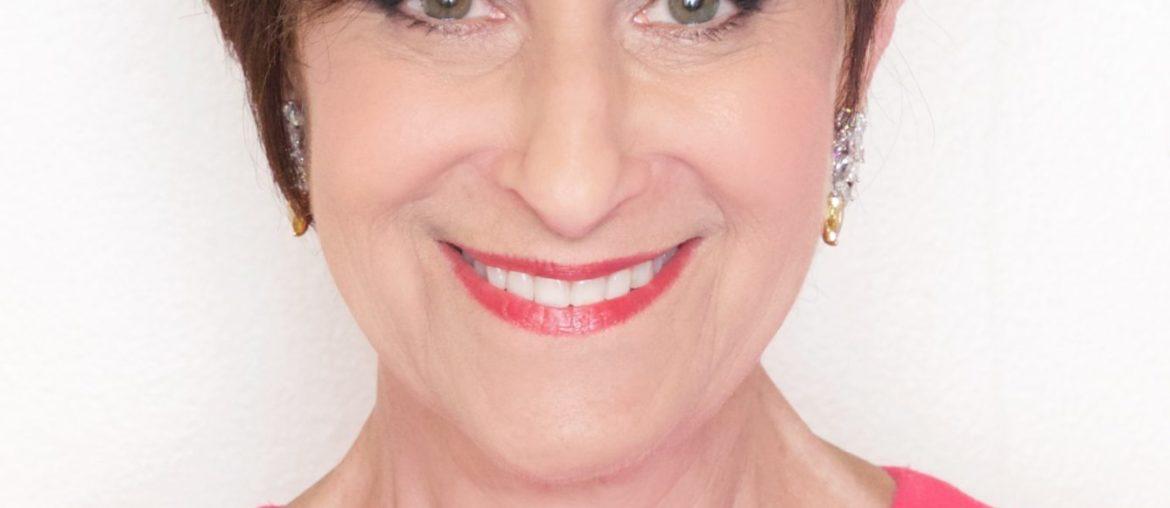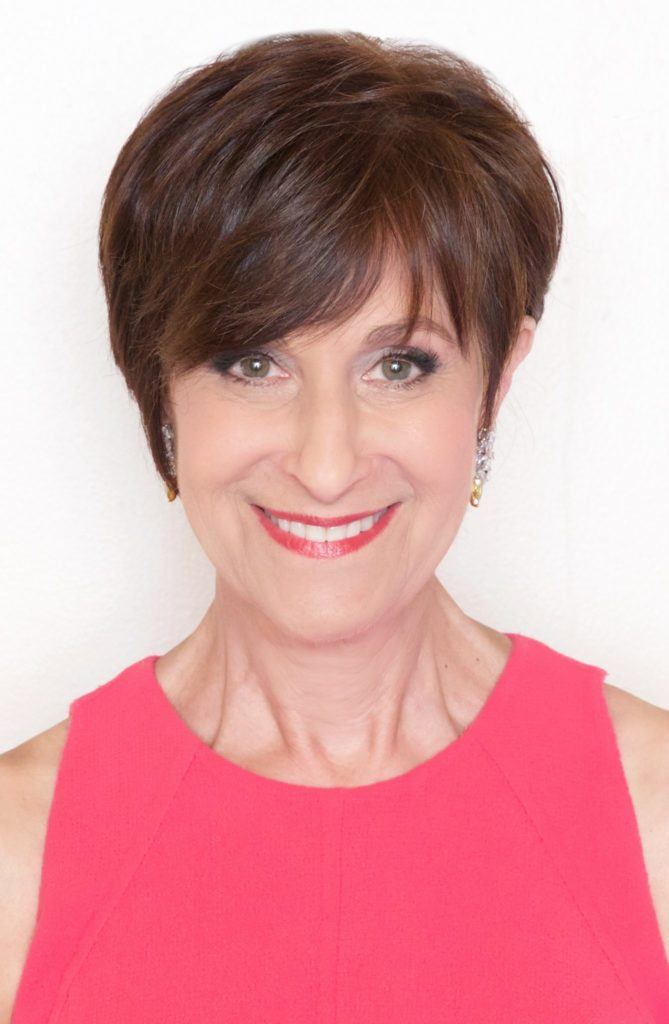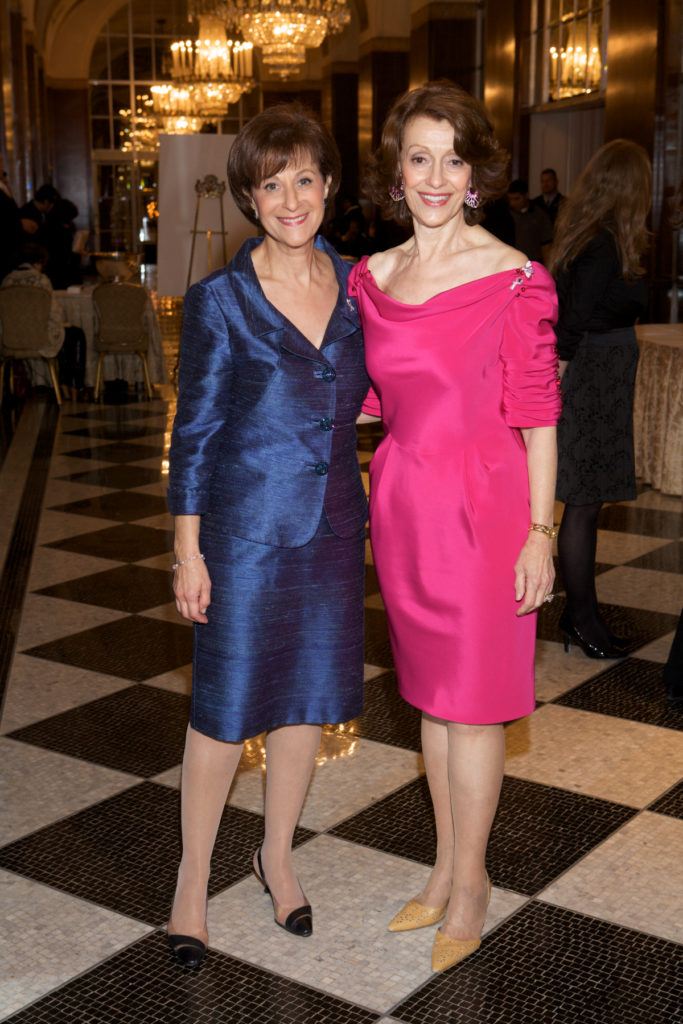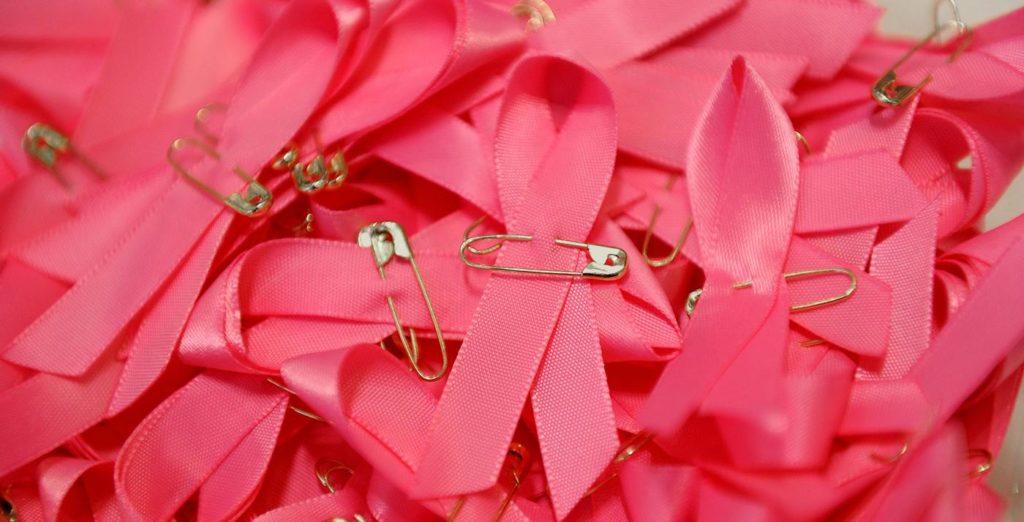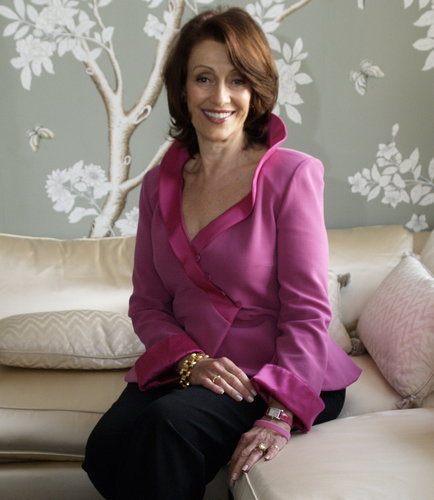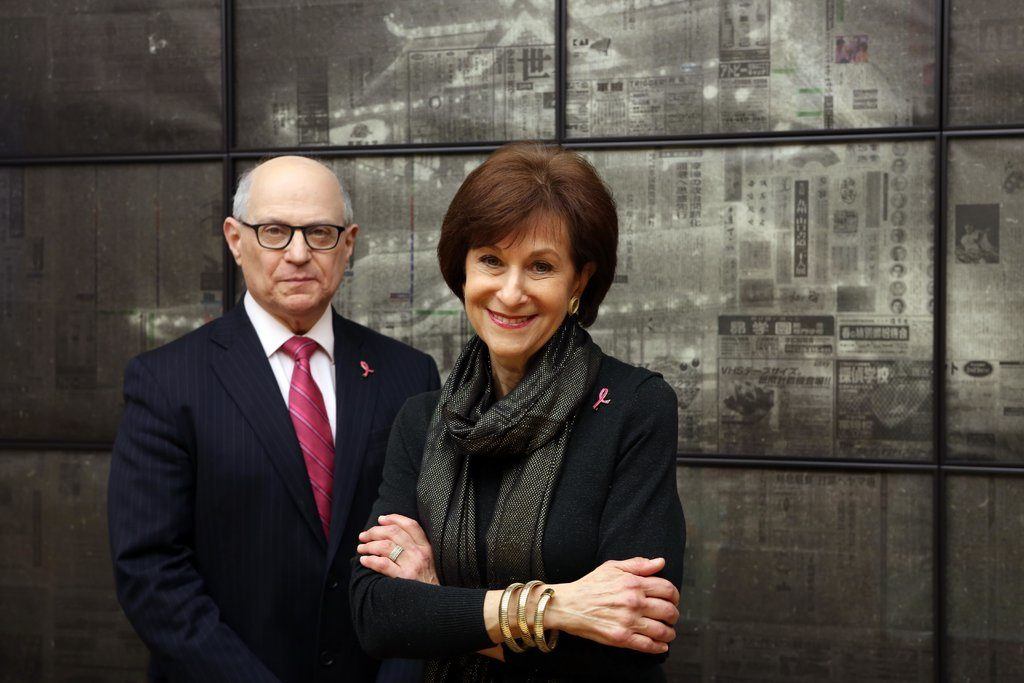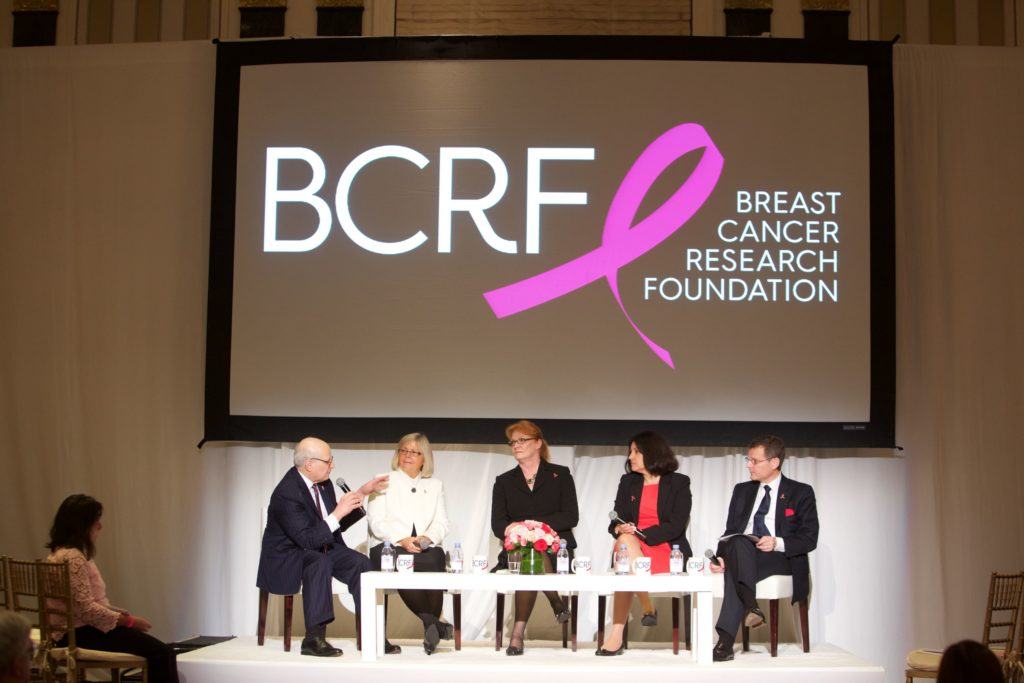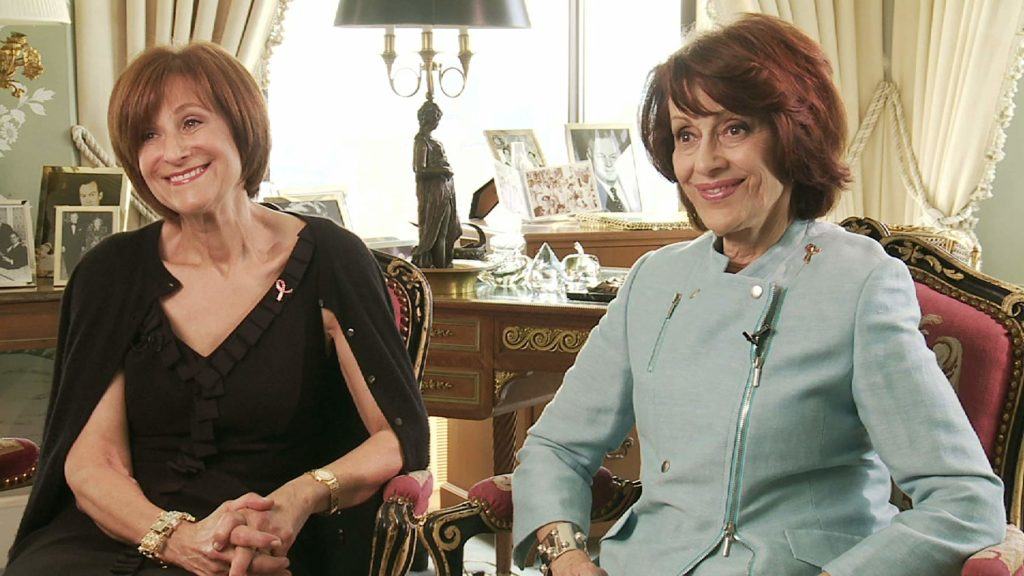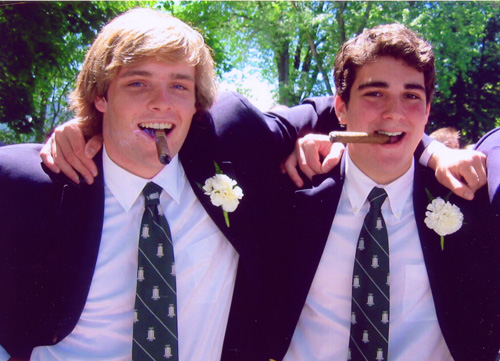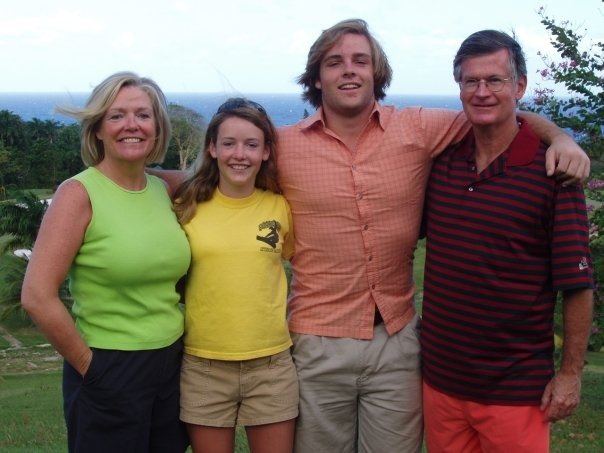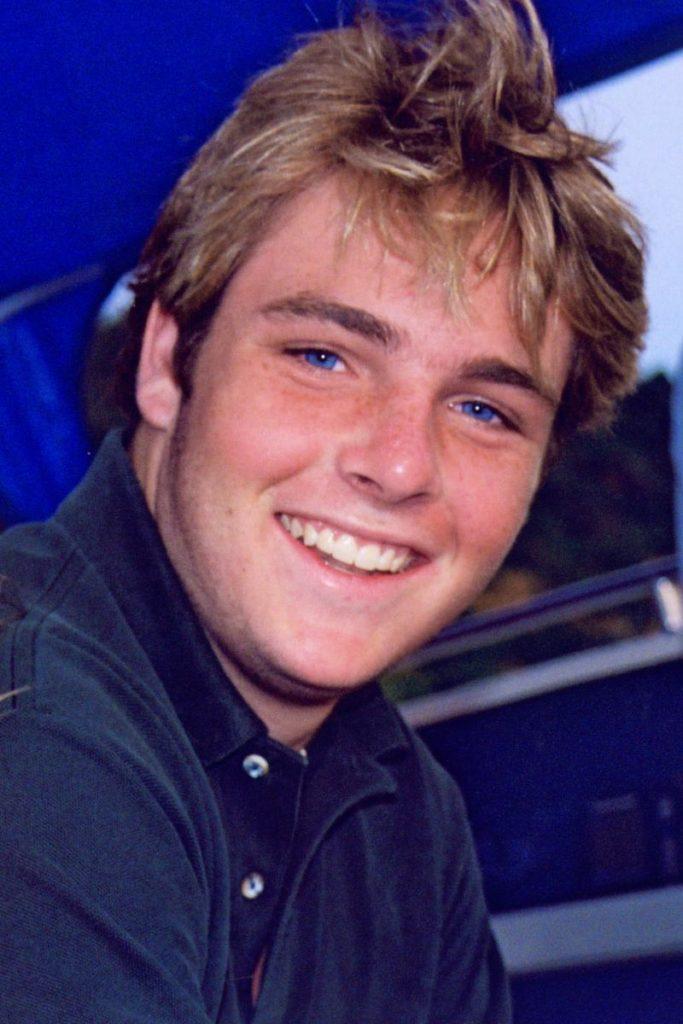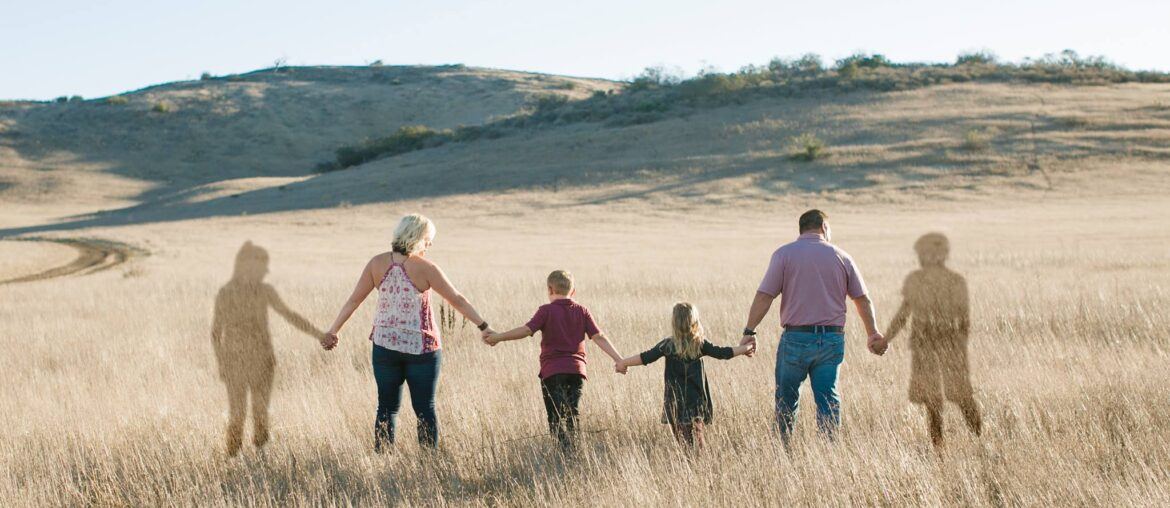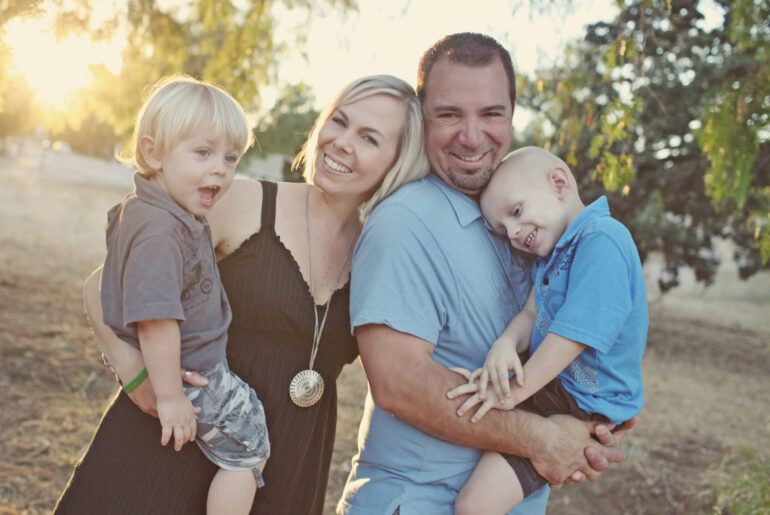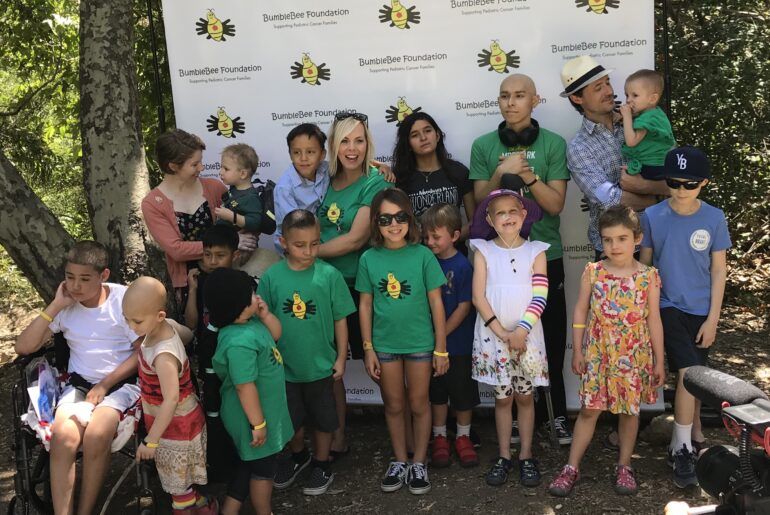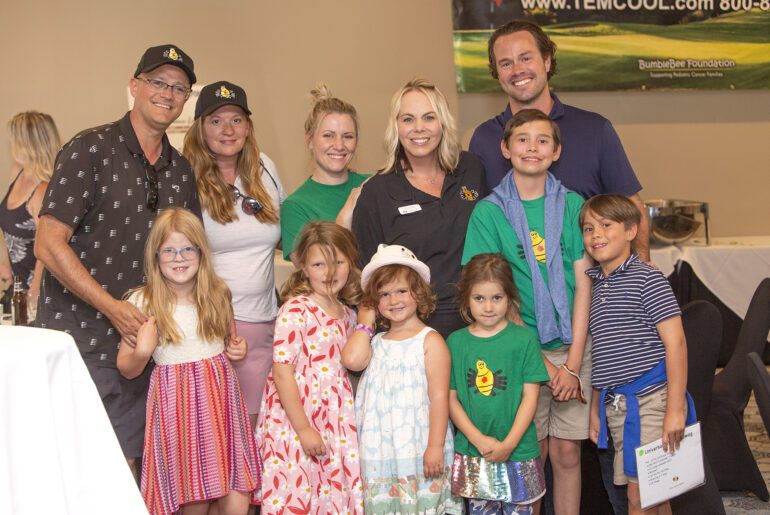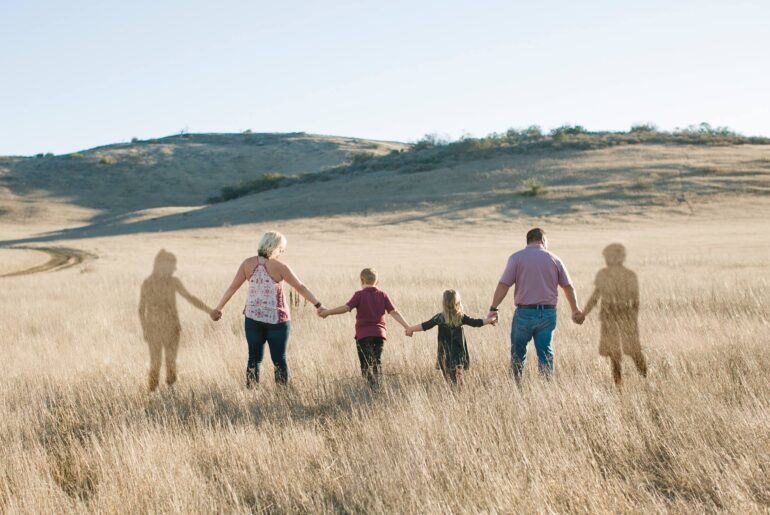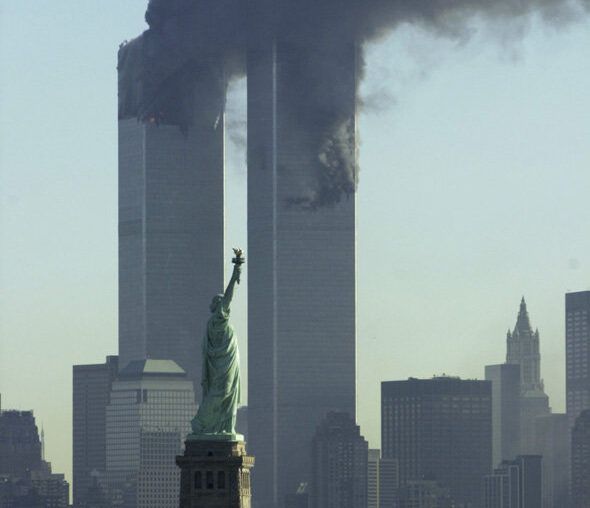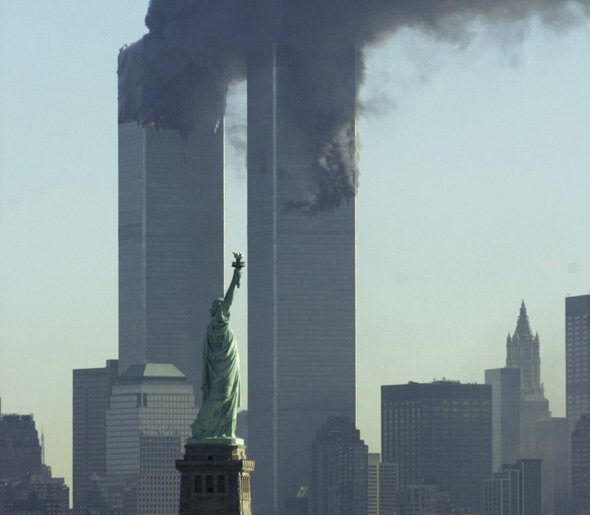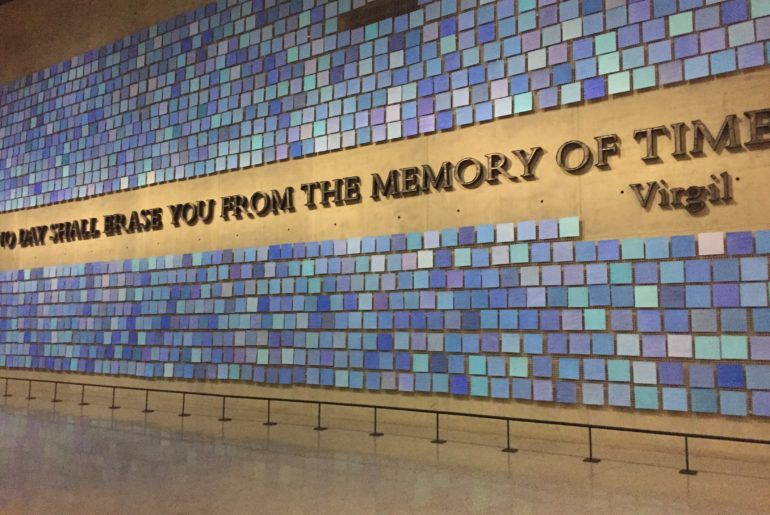These days when the world thinks of soccer Ted Lasso comes to mind. The loveable soccer coach from TV. Today’s conversation is equally inspiring because that is exactly what our guest, Bre Russell does, coach soccer and SO much more! Bre is developing the next generation of women leaders through her amazing nonprofit, Girls Leading Girls.
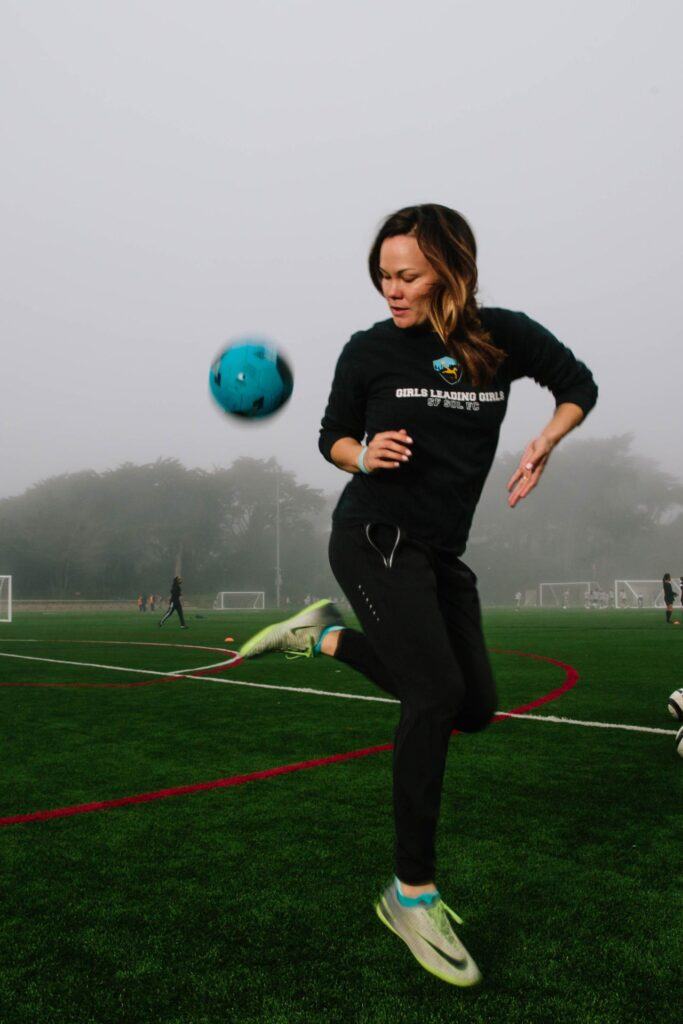
Join us as Bre shares her inspirational journey from a student-athlete to a nonprofit founder teaching thousands of young women how to lead. So join us for Episode 40 of our podcast! It truly makes me so happy sharing these incredible conversations.
Here are a few highlights from our conversation:
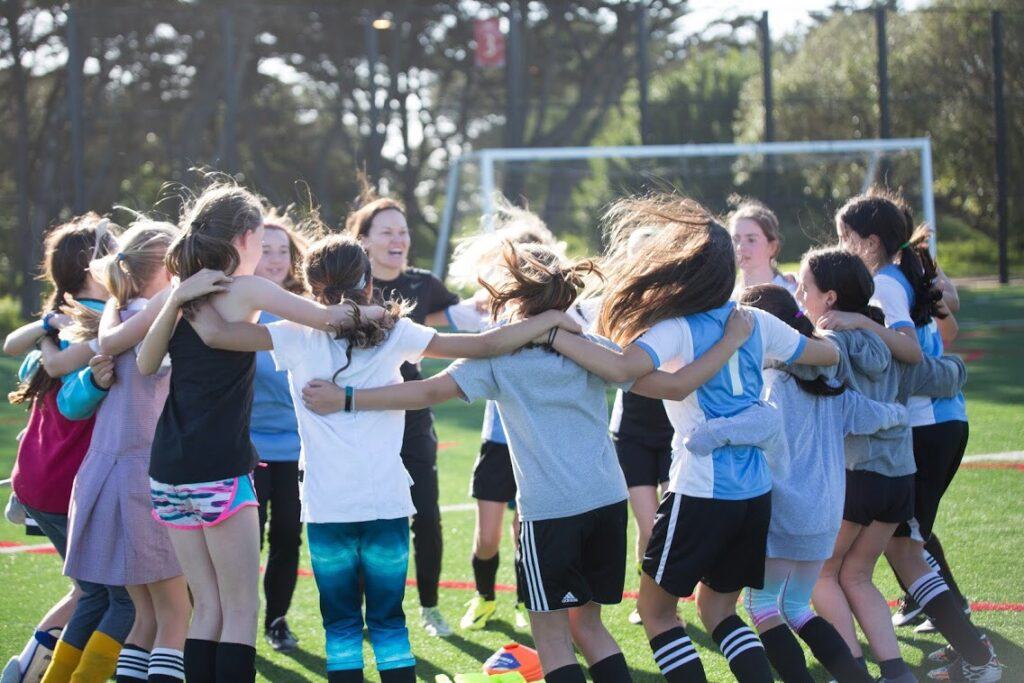
Charity Matters: Tell us a little about what Girls Leading Girls does?
Bre Russell: We are a nonprofit that trains girls and women in leadership advocacy and life skills through soccer. We are the first-ever all-girls soccer organization with all-women coaches. Every year we serve over 700 girls ages five to 17 in the Bay Area.
Charity Matters: What was the moment you knew you needed to act and start Girls Leading Girls?
Bre Russell: I always knew I wanted to be an entrepreneur. That was always something that appealed to me. I worked at a young age because we were just trying to survive my family. We didn’t grow up with a lot of money, and I relied on a lot of people to help. My coaches making soccer even possible for me was huge. As a result, seeing other people helped me made me want to pay it forward and help others.
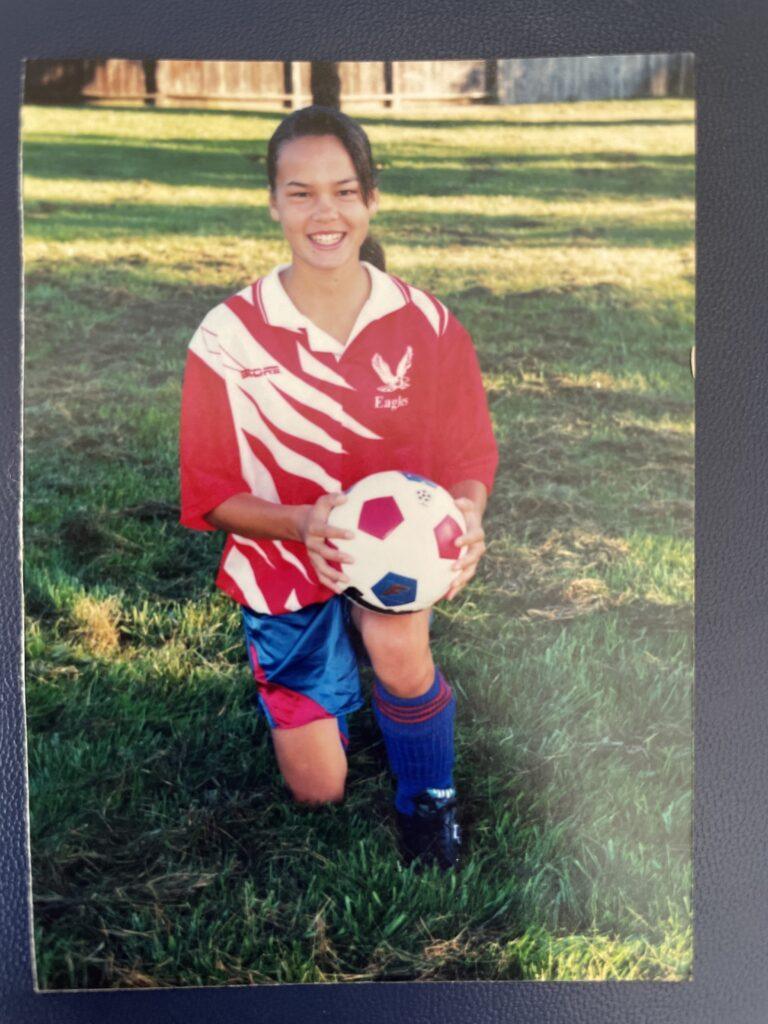
I’ve been playing soccer since I was five years old. Soccer was the game that I fell in love with it. It was a place where I was recognized, I could just be myself, and I could escape the struggles that I was facing at home or in school. During my time at Sacramento State, I played soccer and then after college, I decided to go into the Peace Corps. I was living in a village on a really small rural Island. A place where women didn’t have a lot of opportunities. Some girls saw me playing and then asked if they could play with me. After that, we formed a team.
I found out FIFA was hosting a tournament nearby on another island and I organized to get us fundraising for uniforms. We went to the island and played on this hot volcanic ash. Three days into this tournament, we ended up winning first place. It was one of the highest moments I ever felt from such a big challenge. We won this huge Wimbledon size trophy. When we came back to the community they were waiting for us with flowers on the beach, to congratulate us. They were so proud of us! The team wanted to run around the community with the trophy.
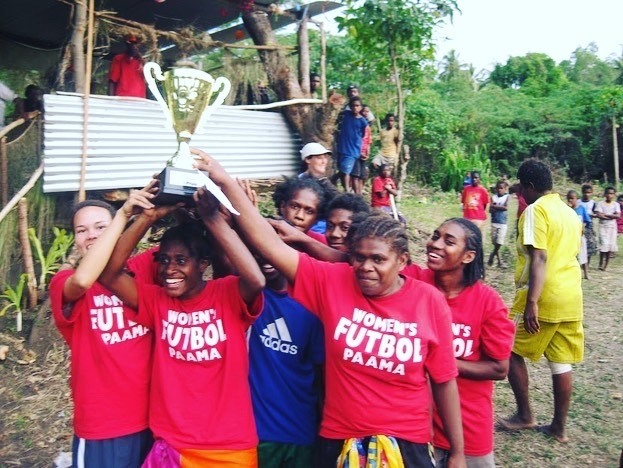
A light bulb went off that soccer is not just a sport, it’s a vehicle for women’s empowerment, economic opportunity, equality, and community change. These women were now seen as winners and that was all that I needed. When I came back from that experience, I knew I needed to start Girls leading Girls.
Charity Matters: What are your biggest challenges?
Bre Russell: Well, it’s definitely a grind, I think all entrepreneurship starts as you are grinding, you’re hustling. After Peace Corps, I was working full time for another nonprofit and building this on the side. I was also coaching soccer in the community and that’s really what helped me get it going. People in the community here in San Francisco, saw me coaching and said, “Can you coach our daughter? Because there are not enough women coaches.” This was in 2014 in San Francisco.
There’s definitely a lack of representation of women in sports at all levels. Eight years later, we’re starting to see that change. When will we have women as not just referees and athletes, but owners of these higher-level clubs and teams? The challenge is there are not enough women coaches. We are essentially trying to change something that is also making it hard for us to do what we do.
We are recruiting, training and mentoring women to become coaches, which most never think that they can. So there are psychological barriers there. And we’re going up against male-run the old traditional model of coaching. This is why we are trying to create something different because the old traditional model really was a disservice to girls. Girls dropping out of sports at young ages, the statistics are there. Did you know that girls drop out of sports by age 12? That is over 50% rate that boys do.
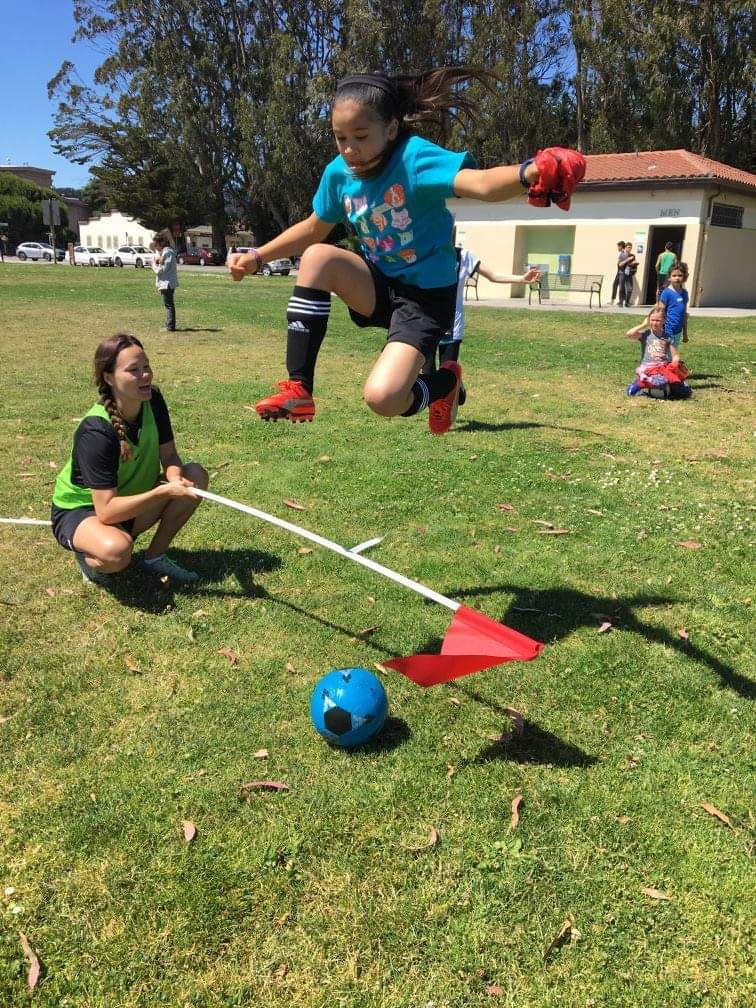
Charity Matters: What fuels you to keep doing this work?
Bre Russell: There are a couple of things that fuel me. One is the girls in the program. Some of them I’ve known for eight years. To see them start with me and then to see them develop from a young age into confident, strong, young women on and off the field is just amazing. I mean, this is the beauty of kids that grow so fast. You can see that growth right before your eyes.
For example, there’s one girl, I’ll say her name is Melinda, not her actual name. She was not having great experiences at other organizations that were soccer-focused. She’s a very talented athlete and she took a year off from playing because she was not thriving on these other teams. Her friend who was playing with us encouraged her to join our organization, which she did. I felt an instant connection with her because we had similar backgrounds. Her family was just trying to survive, she was often having to take care of and be responsible for her younger siblings at a young age. And she didn’t have a lot of resources or support.
I would pick her up and take her to practice. For the last two years, she improved so much in her soccer skills, and in her leadership, and she was awarded goalie of the year. Today, she’s now a paid coach for us and she’s playing soccer at SF City College. I just made it my job to support her and see her through this and be her mentor. Obviously, I can’t do that for all the 700 Girls we serve but I can model it and be an example. So other coaches want to do it too.
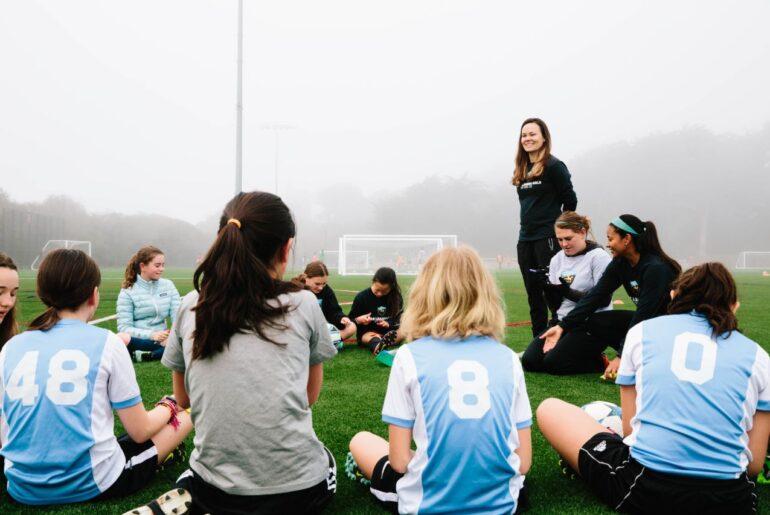
Charity Matters: Tell us what success you have had and what your impact has been?
Bre Russell: We serve 736 Girls. That was our biggest year yet and that was amazing coming off a COVID. As I said the demand is higher because of health issues and the stagnation of being home. It’s all come out in the surveys we put out to the girls and their parents. To hear things like, “Oh, my daughter lost her joy for life during COVID, when she came to your summer camp, it was like, she was a new person.” Or,” I’ve never seen her smile like that once. ”
Hearing those stories are really an impact. That’s the depth. It’s not just soccer, we are teaching these girls confidence, self-esteem, and positive peer relationships, and we’re building them up, because, there is this huge confidence gap for girls. For me, it’s seeing this organization grow and how many girls we serve, but then also seeing the impact.
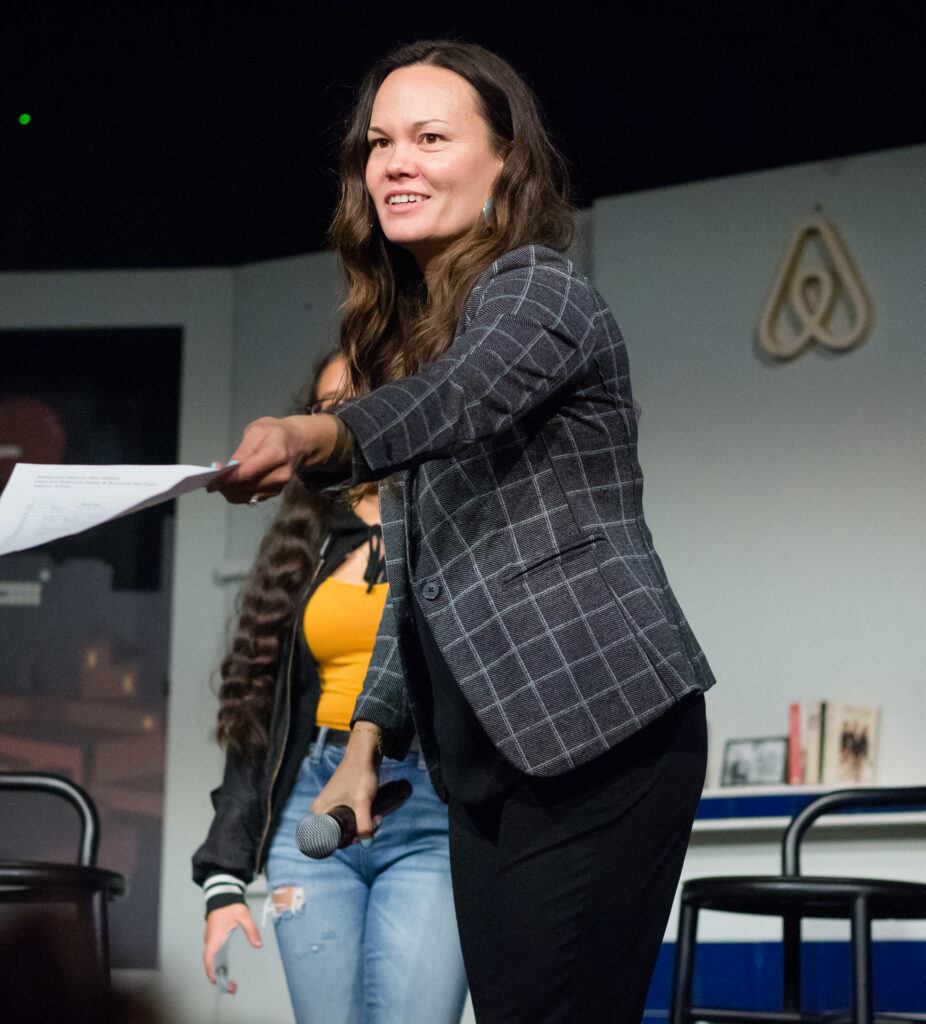
Charity Matters: What life lessons have you learned from this experience?
Bre Russell: When I was coaching, one of the key things I would say is,” What’s the most important play on the field?” They would say,” The next play.” So whatever just happened, let that go. Now you are focused on the next play. I think we can apply that to life too. Because things happen to us and it can help you see that moments are temporary. It can help you really savor the positive wonderful moments too because you know, it’s not going to last. Then it also gives you the action of okay, what am I in control of? What is important to do next? So it’s teaching many different things.
With my staff, we say,” Done, is better than perfect.” This is particularly important for women because perfectionism is a problem. We want to be so perfect that no one can criticize us. That’s what it stems from. I tell them all the time,”Done is better than perfect.” Perfectionism doesn’t exist. We’re here to learn, right? I’d rather see something than nothing. I’d rather you take a risk than not at all because you’re waiting for it to be perfect.
Charity Matters: How has this journey changed you?
Bre Russell: I’ve definitely changed. When I went into the Peace Corps, I was 25 wide-eyed, and hopeful. I think I’ve changed in a variety of ways. Growing this organization, I’ve definitely learned to be more patient. In the process, of working with people in growth being more patient is probably the biggest lesson I’ve learned.
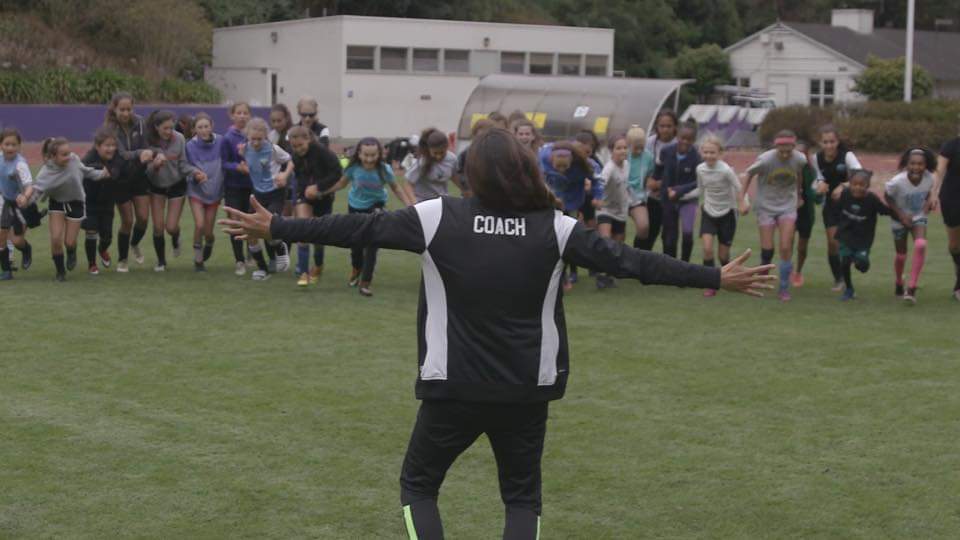
Charity Matters: If you could dream any dream for your organization, what would that be?
Bre Russell: The dream is to expand and open branches of our program all over the world, starting in the US, and then having that impact worldwide. That would mean serving hundreds of 1000s of girls and women, empowering them to be confident and be leaders on and off the field. It would give them the tools they needed to succeed whether or not they continued in the sport. We’re teaching them how to take risks, how to speak confidently, and how to go after what they want. So when they are older, they can have that conversation about a pay raise with their boss, or they can ask for that promotion. The goal is to just help the girls we serve to live the best life and go after what they want with confidence.
CHARITY MATTERS.
New episodes are released every Wednesday! If you enjoyed today’s episode, please connect with us:
- www.Charity-Matters.com
- On IG @Charitymatters
- Post a screenshot & key takeaway on your IG story and tag me @heidijohnsonoffical and @Charitymatters so we can repost you.
- Leave a positive review on Apple Podcasts
- Subscribe to new episodes each week!
YOUR REFERRAL IS THE GREATEST COMPLIMENT, IF YOU ARE SO MOVED OR INSPIRED, WE WOULD LOVE YOU TO SHARE AND INSPIRE ANOTHER.
Copyright © 2022 Charity Matters. This article may not be reproduced without explicit written permission; if you are not reading this in your newsreader, the site you are viewing is illegally infringing our copyright. We would be grateful if you contact us.

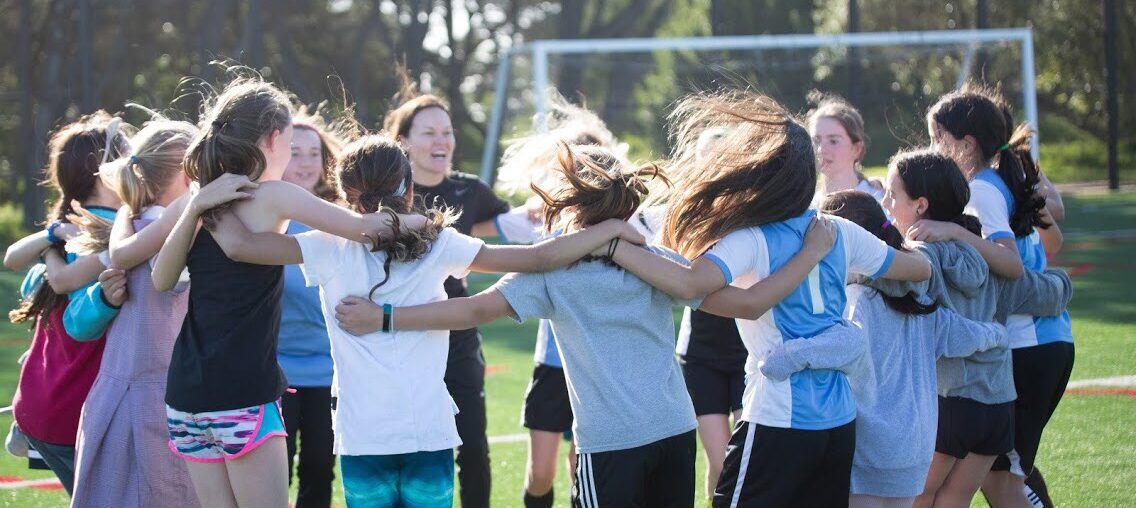


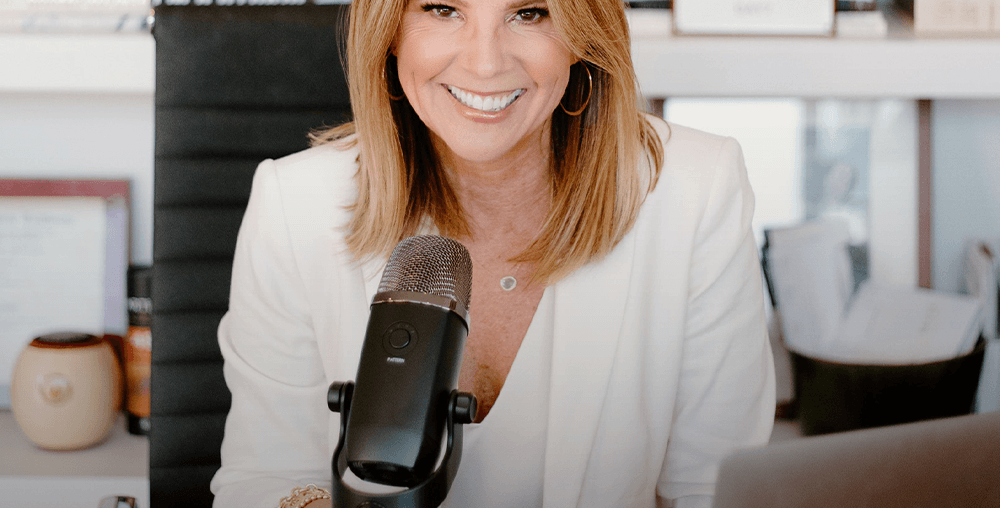
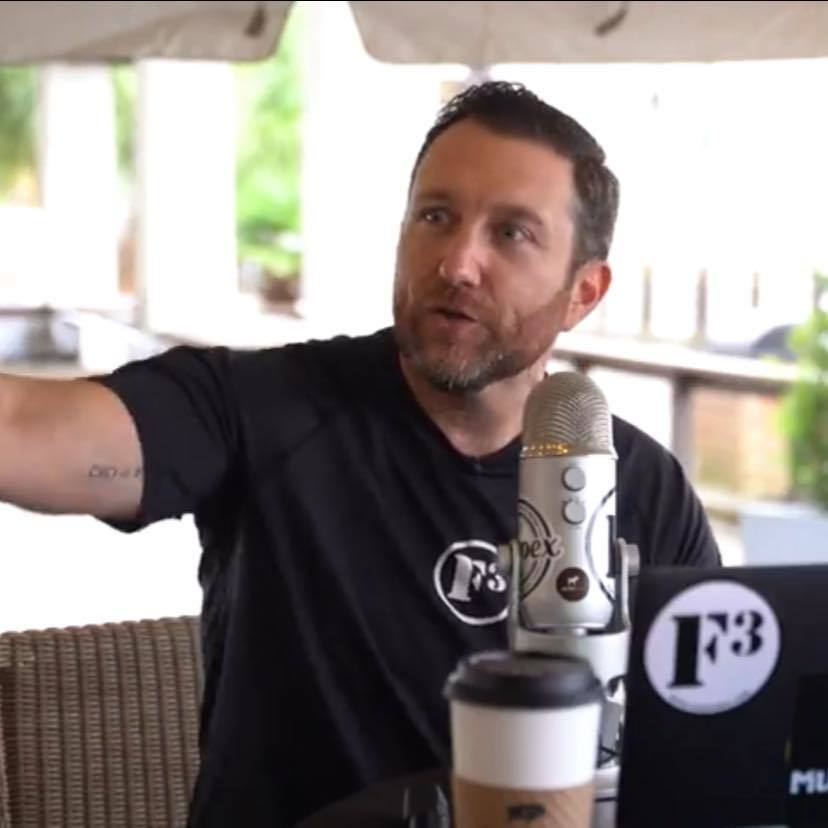
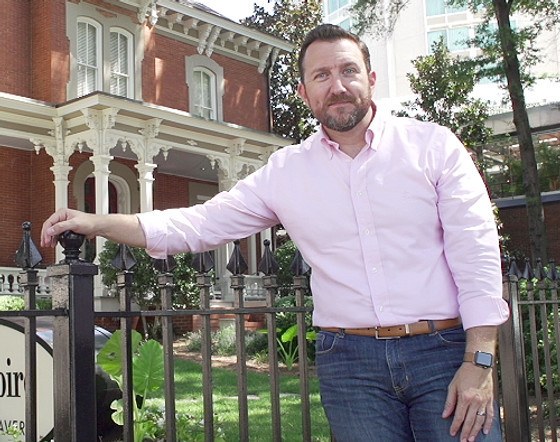 When we all come together and put service before self, we make the world a better place. One person, one podcast, one conversation at a time.
When we all come together and put service before self, we make the world a better place. One person, one podcast, one conversation at a time.